
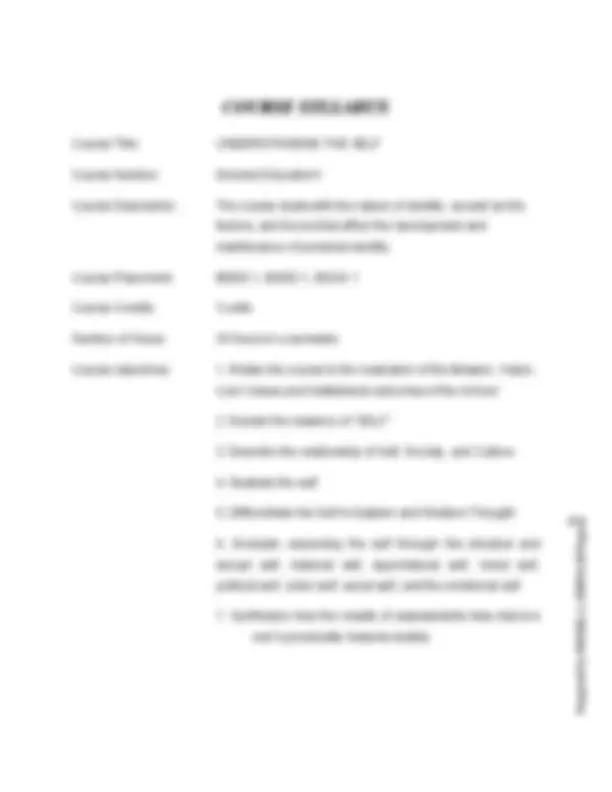
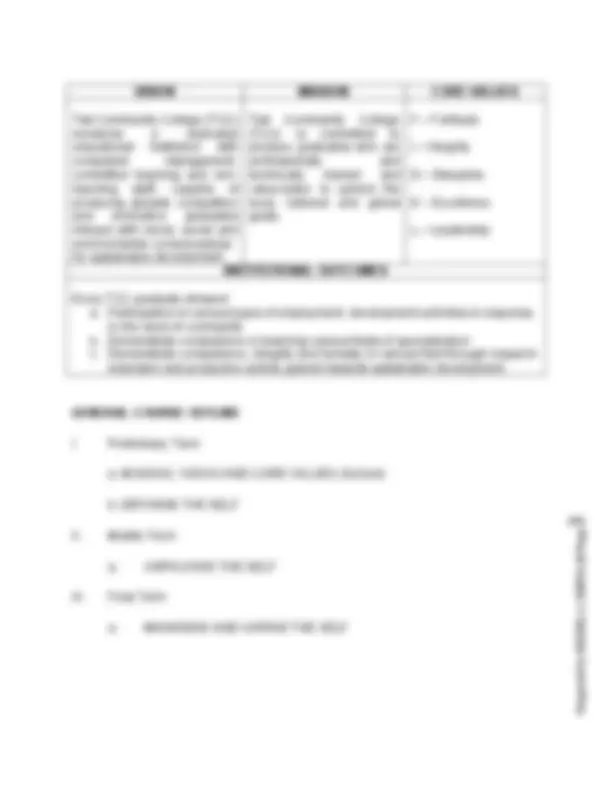
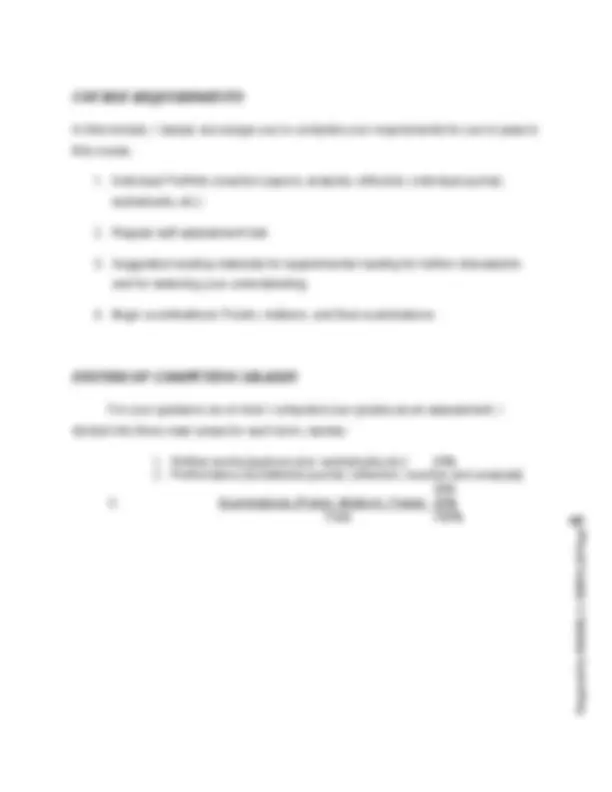
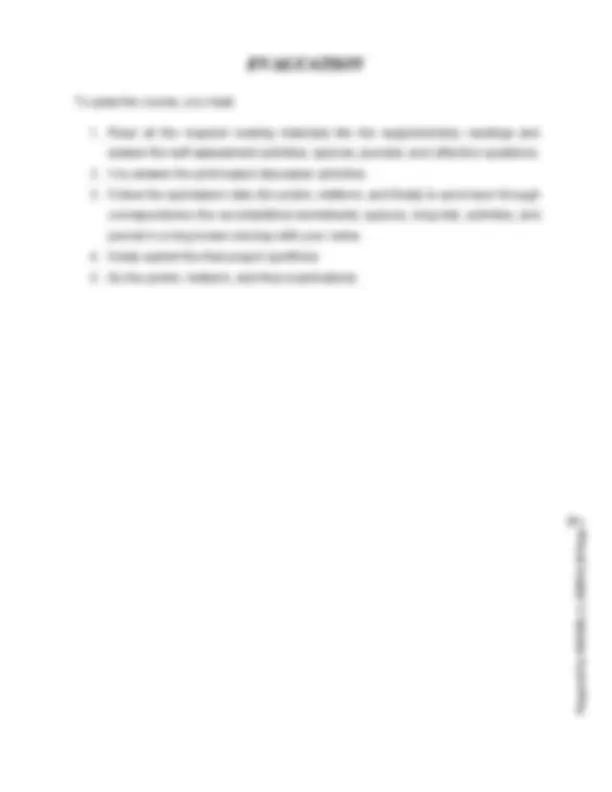
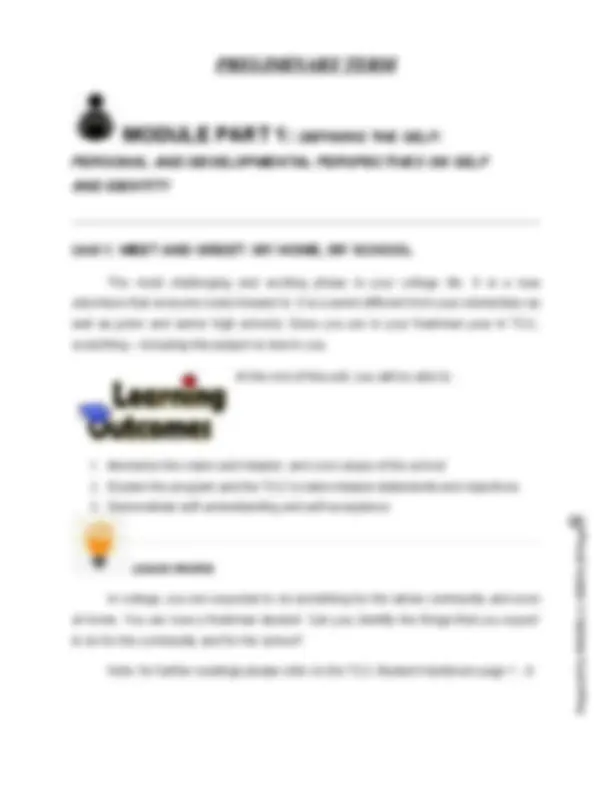
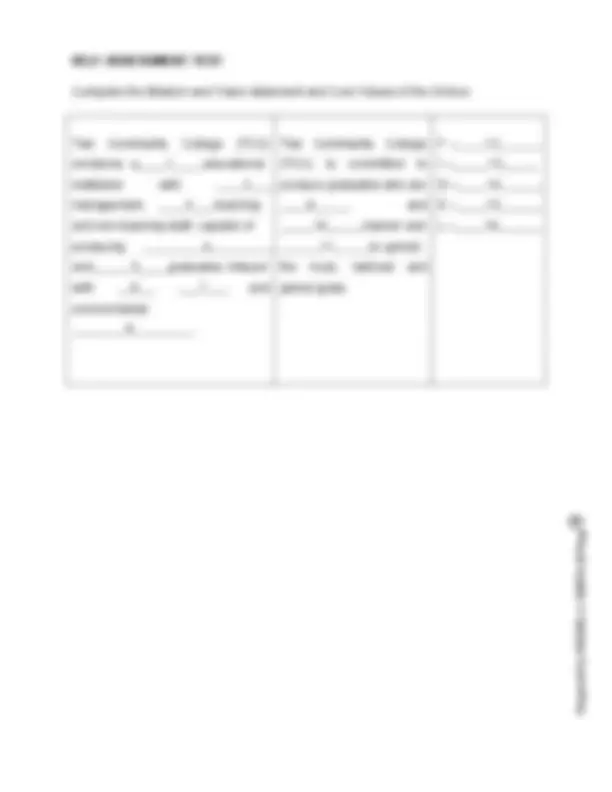
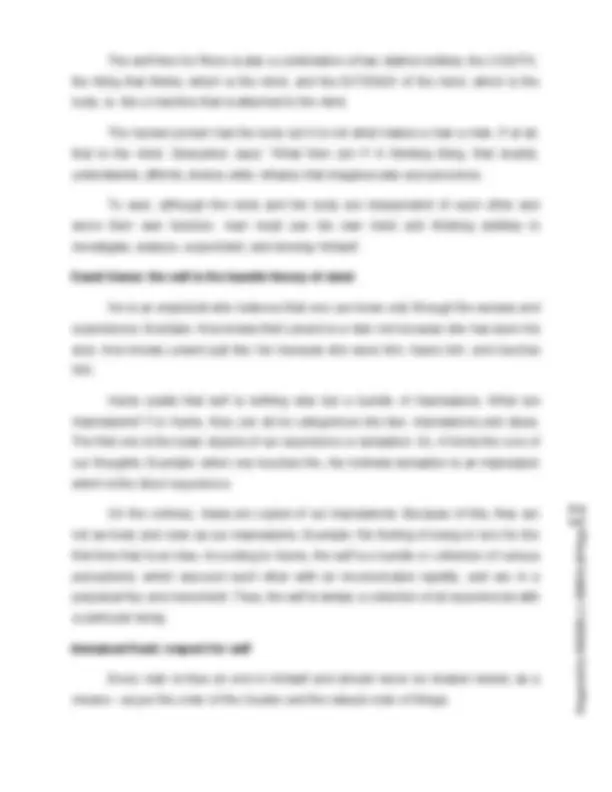
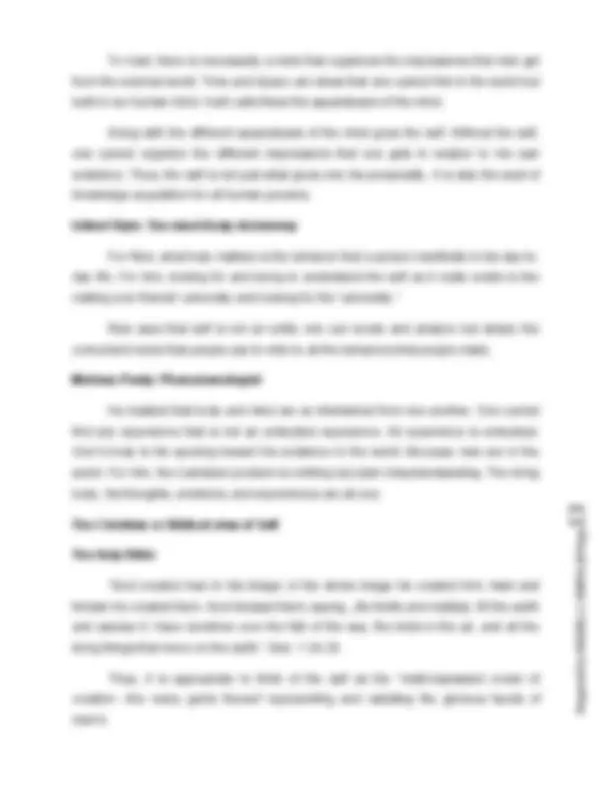
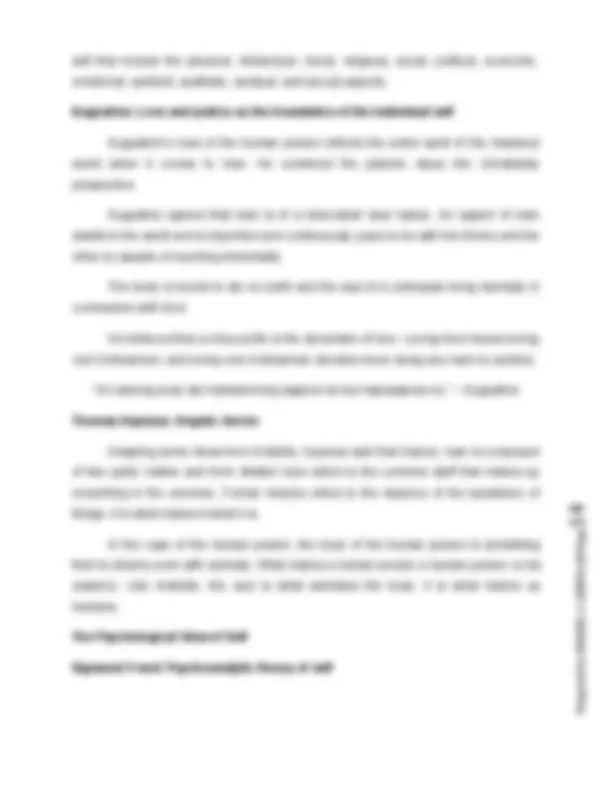
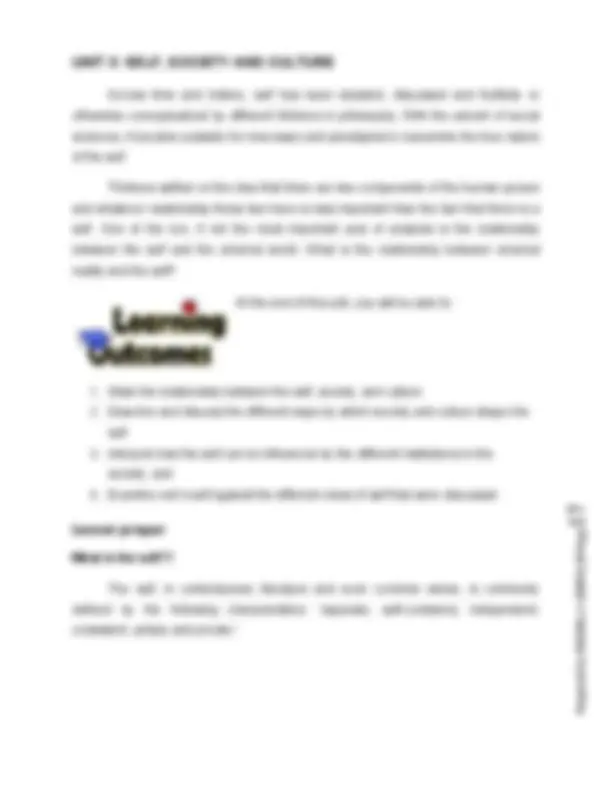
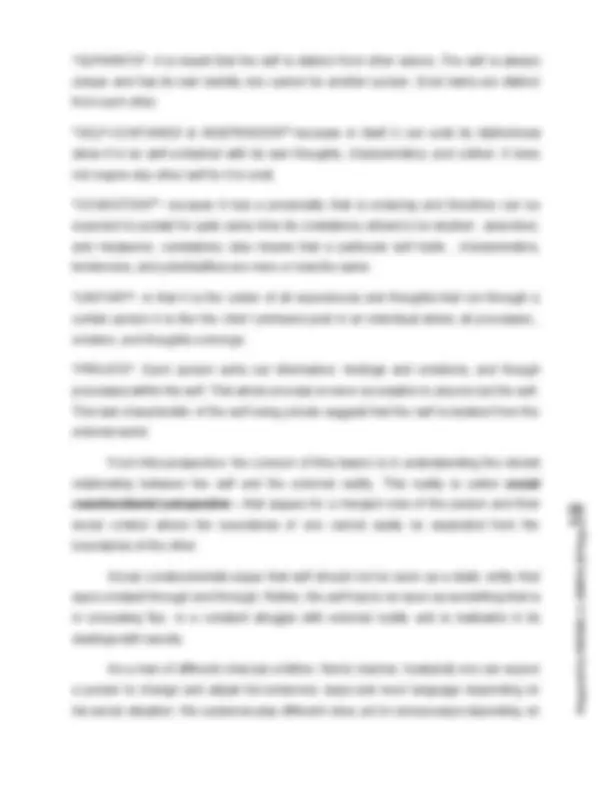
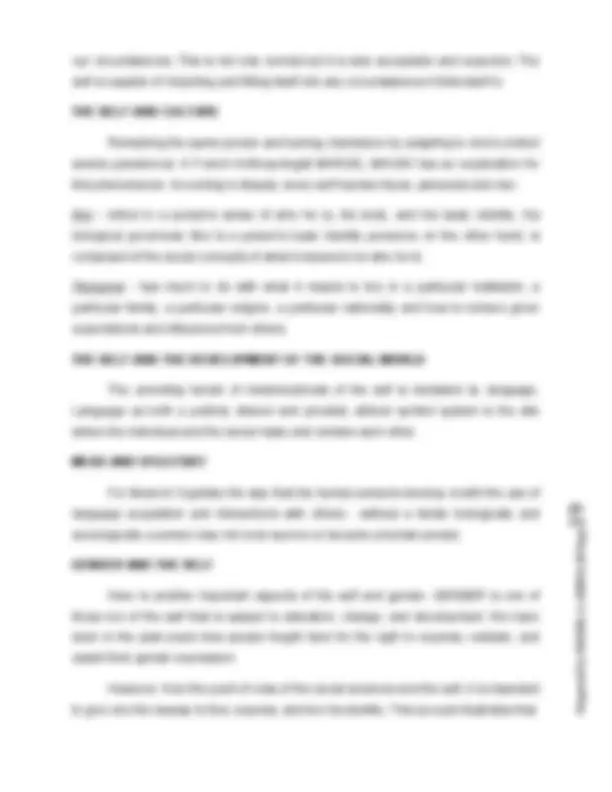
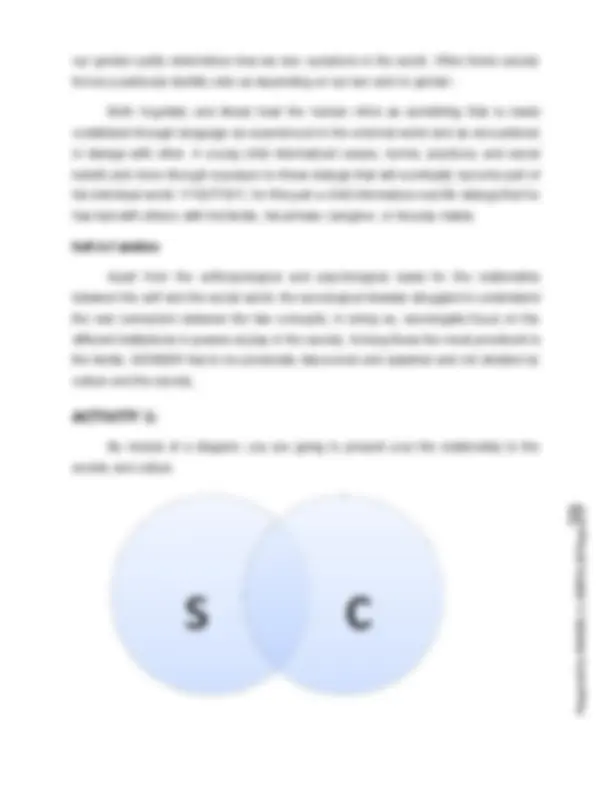
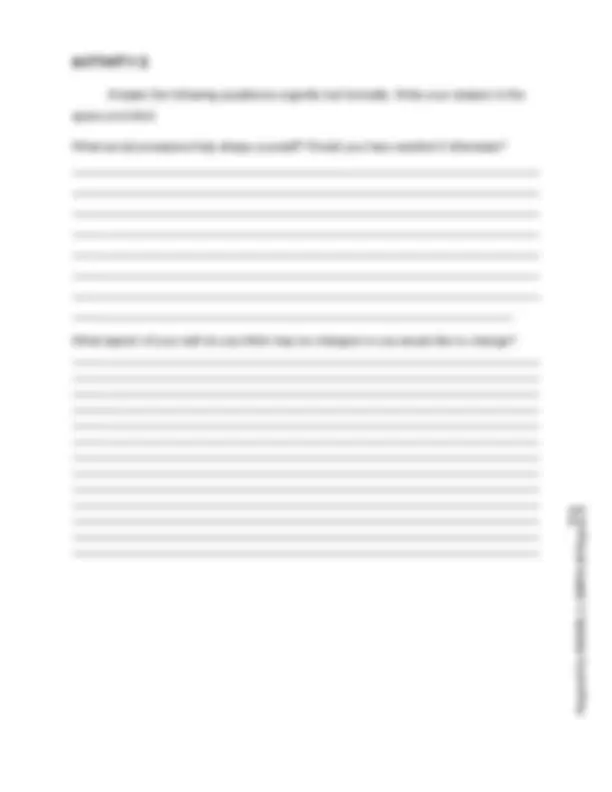
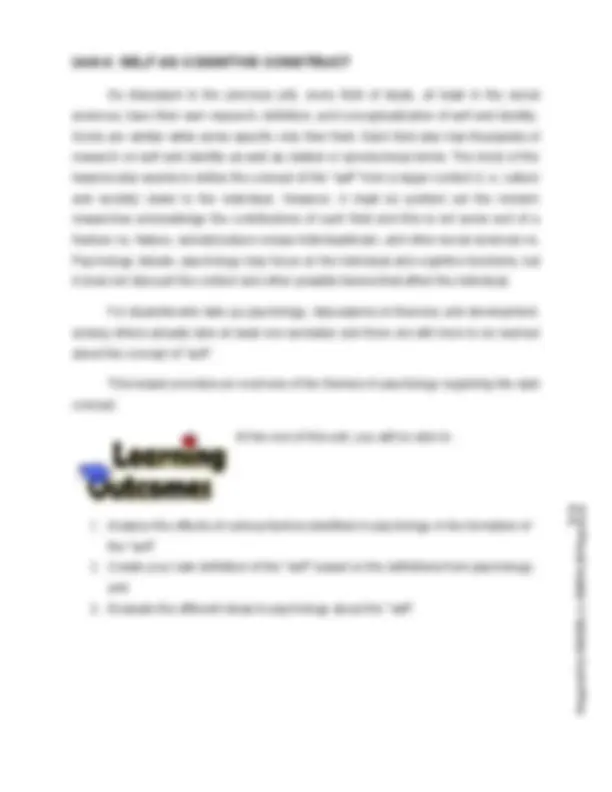
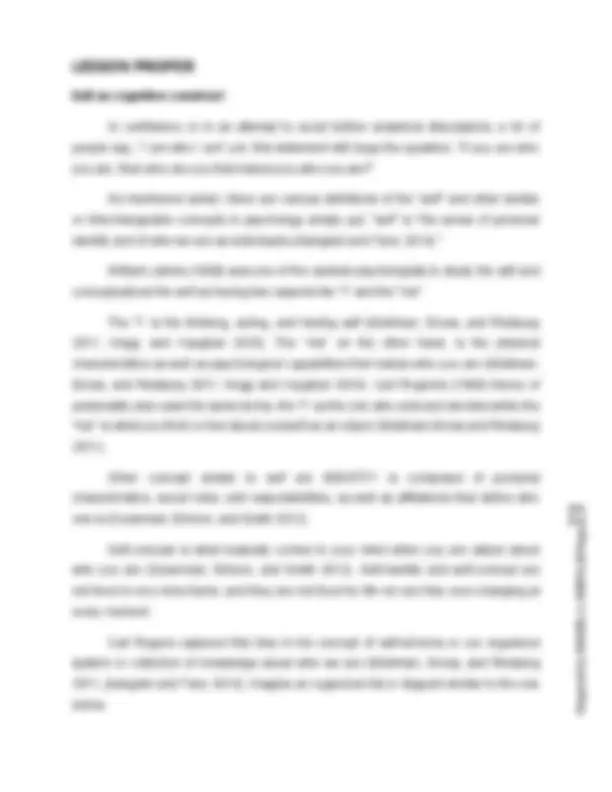
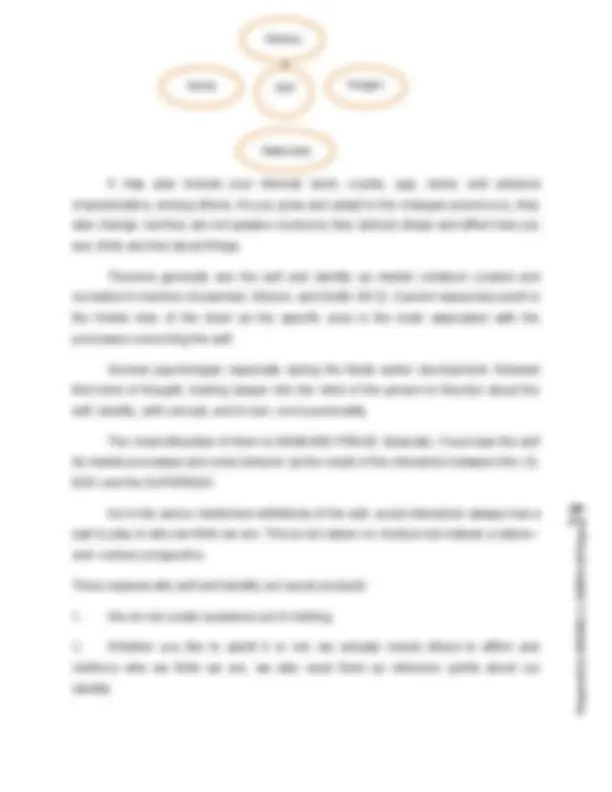
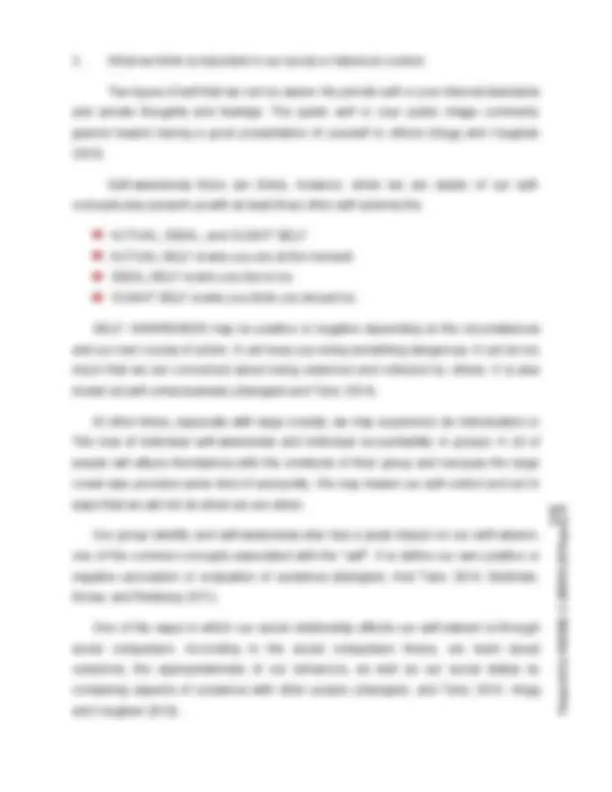
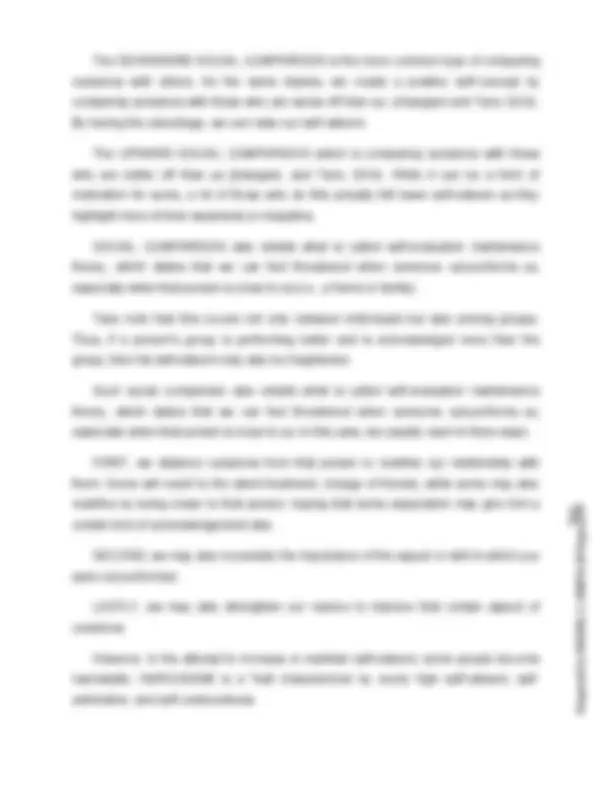
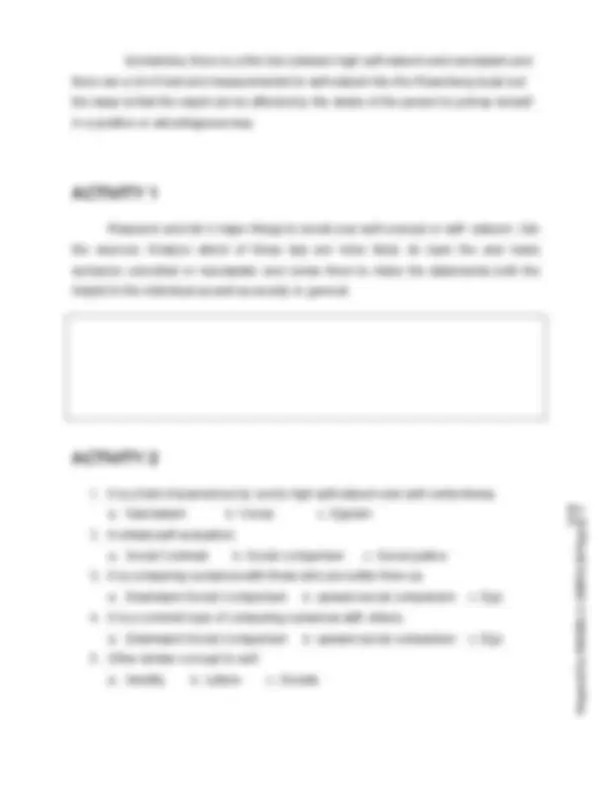
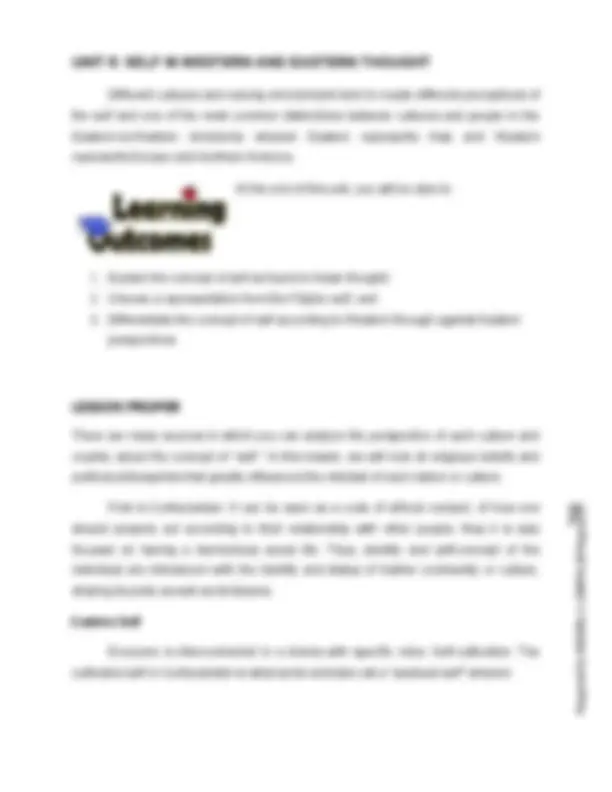
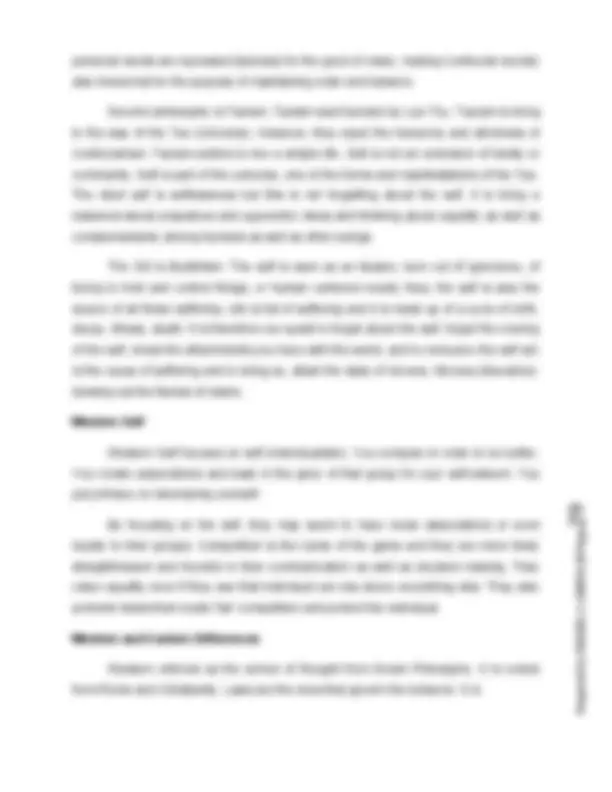
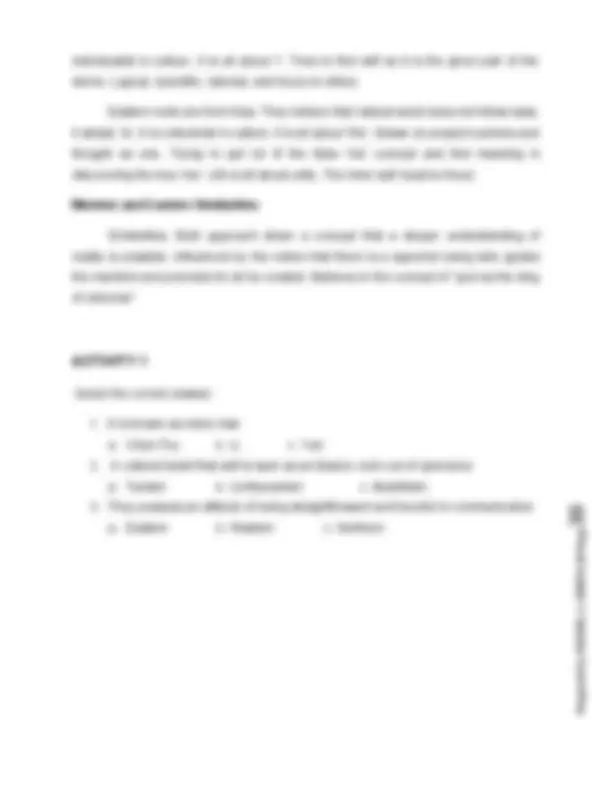
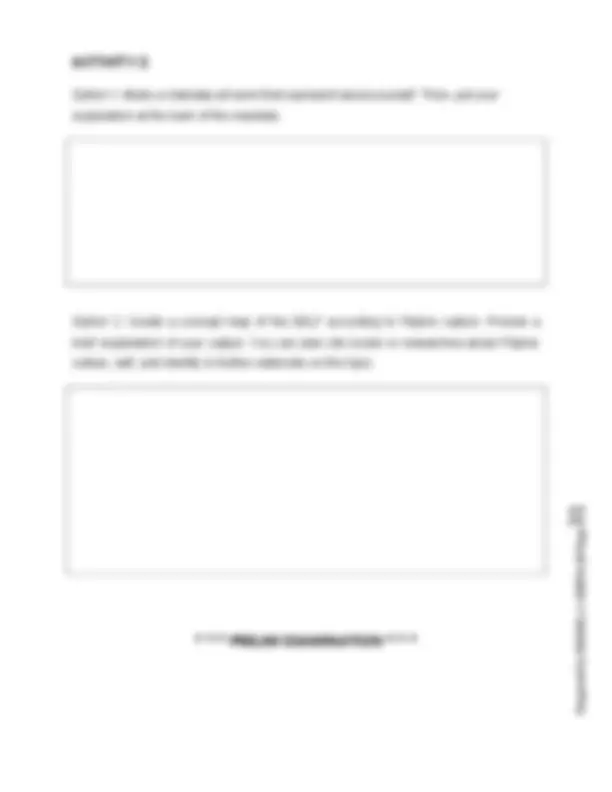
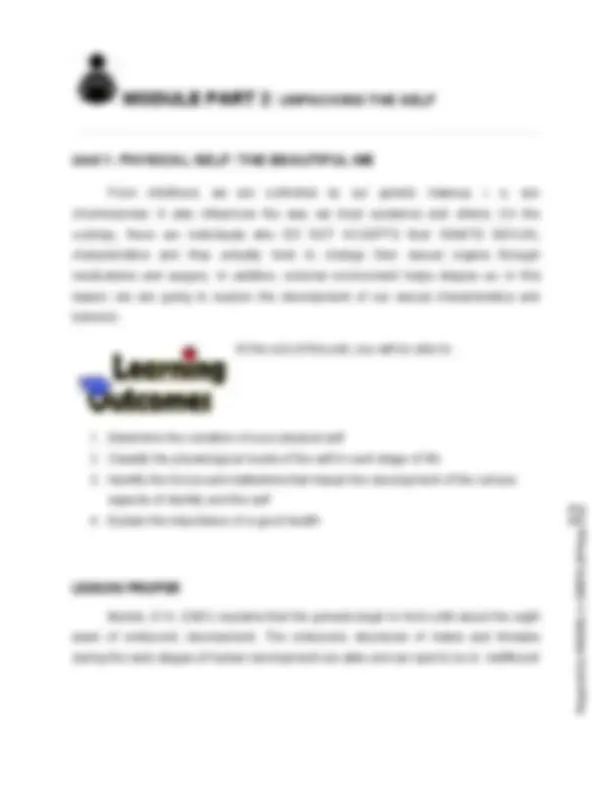
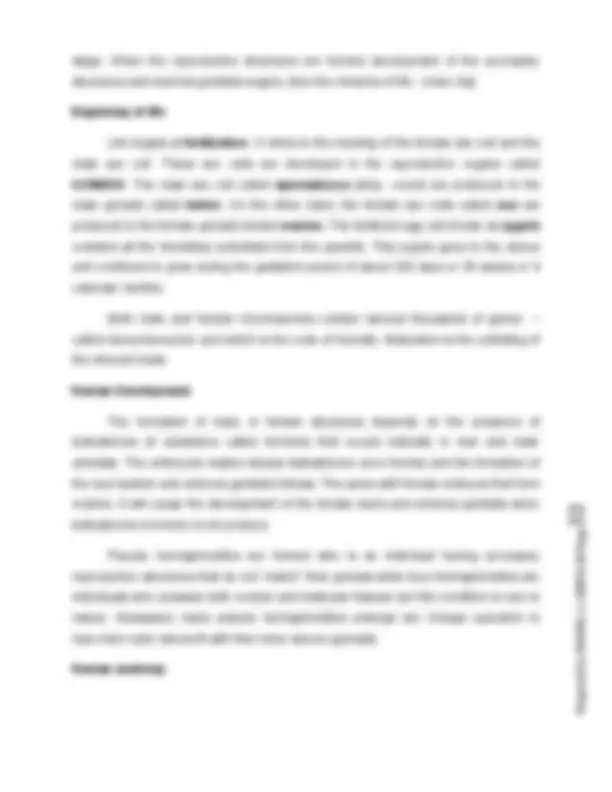
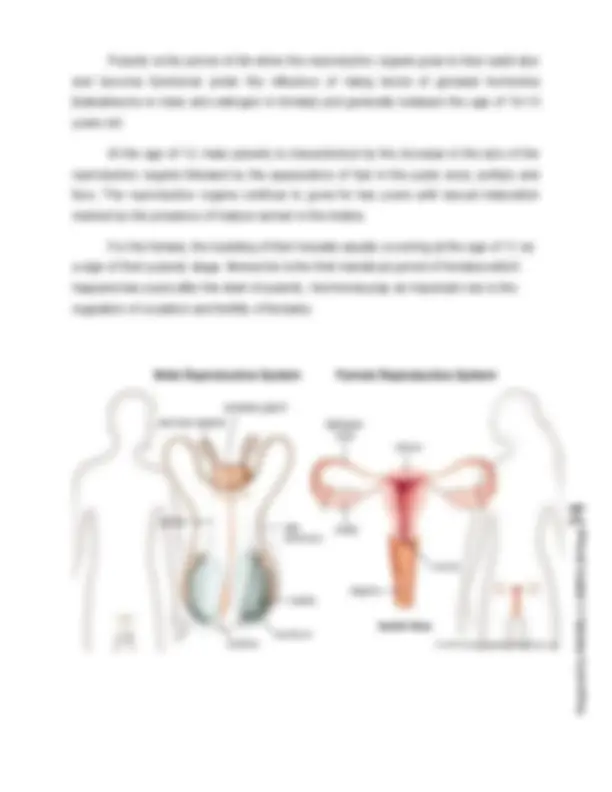
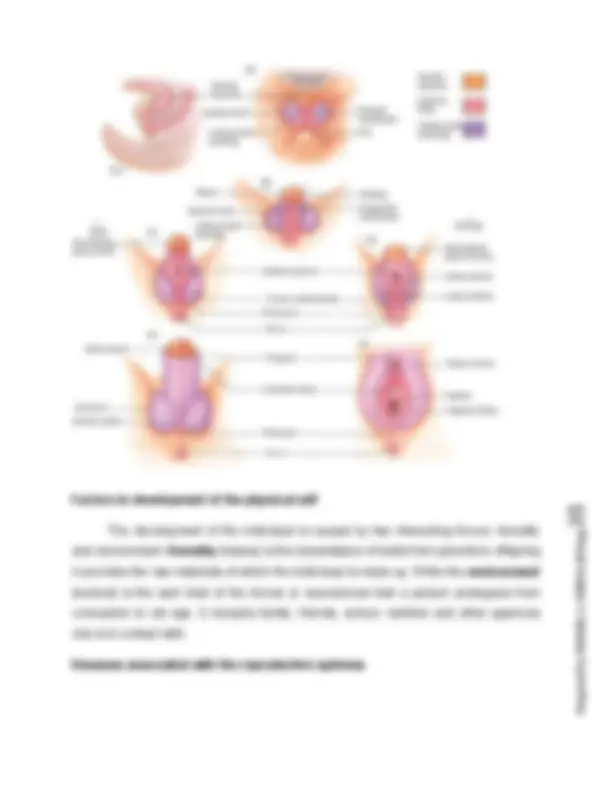
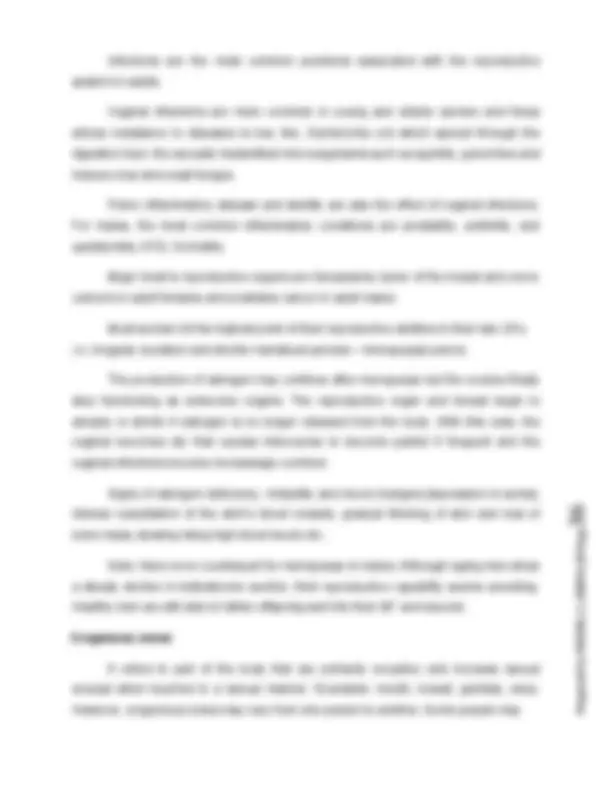
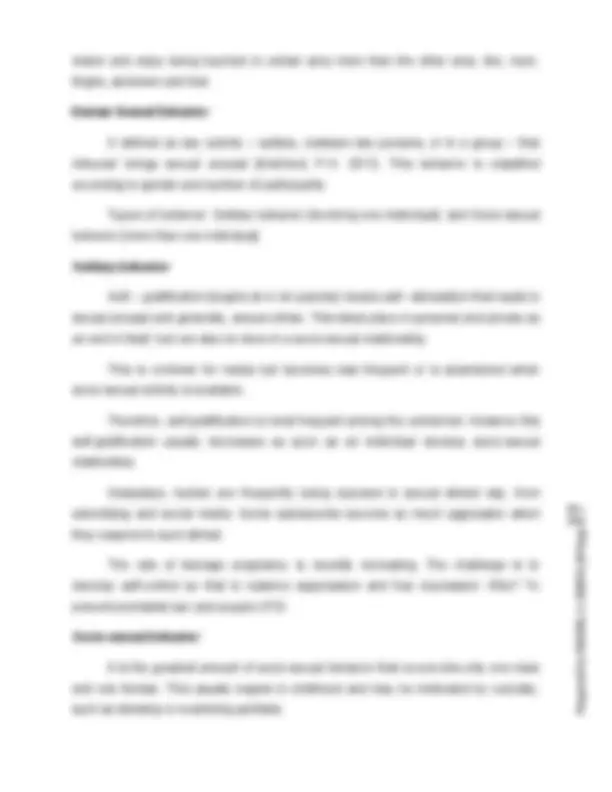
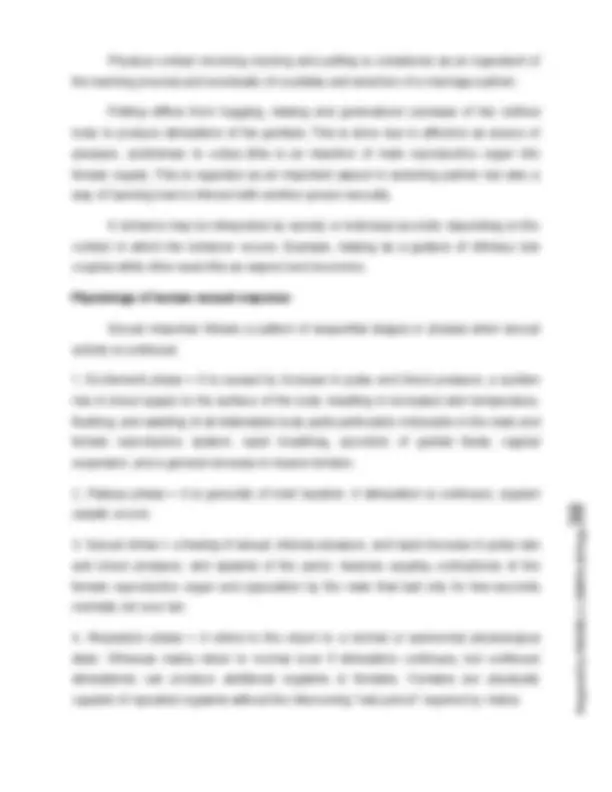
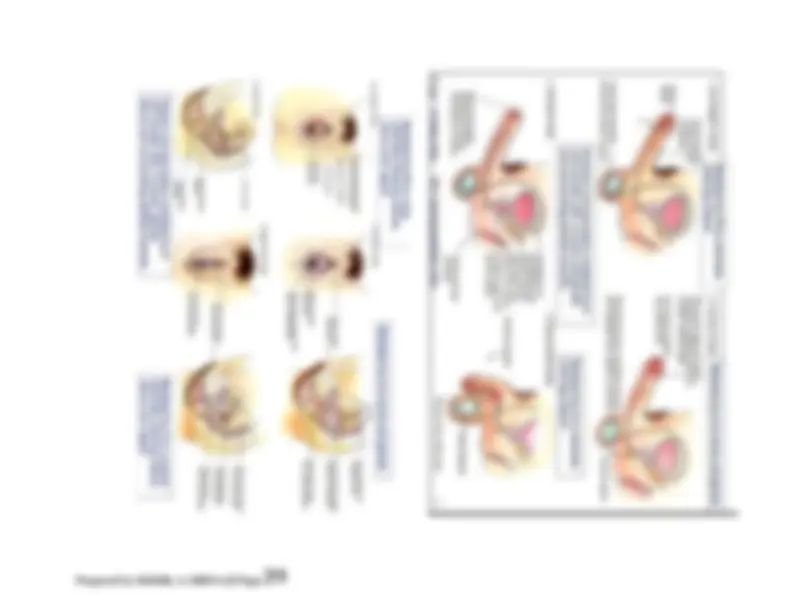
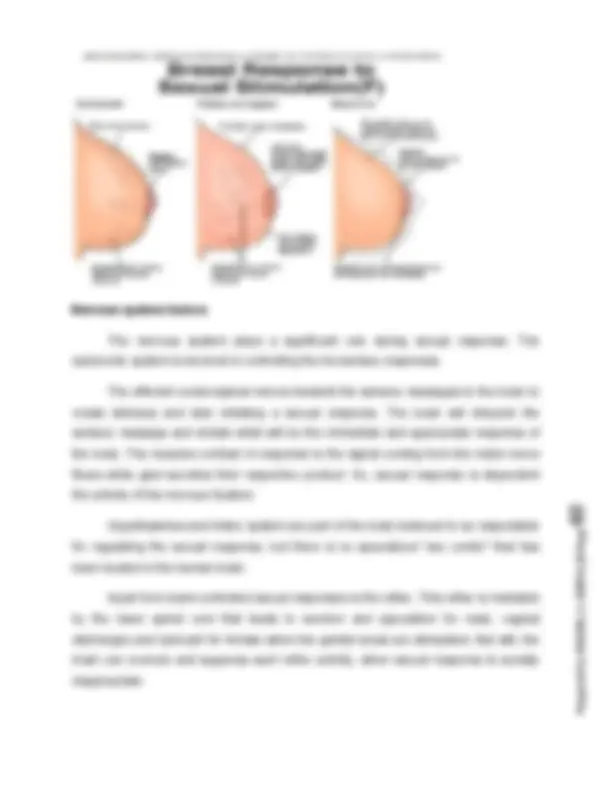
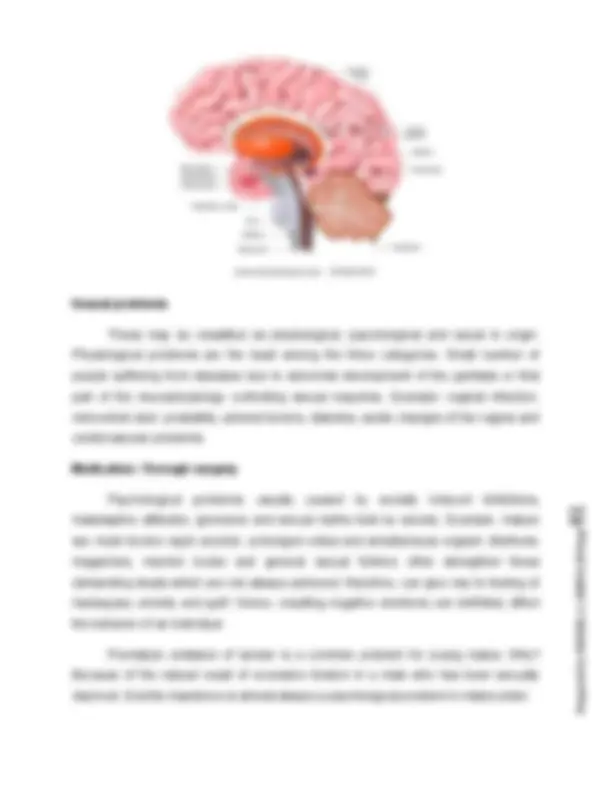
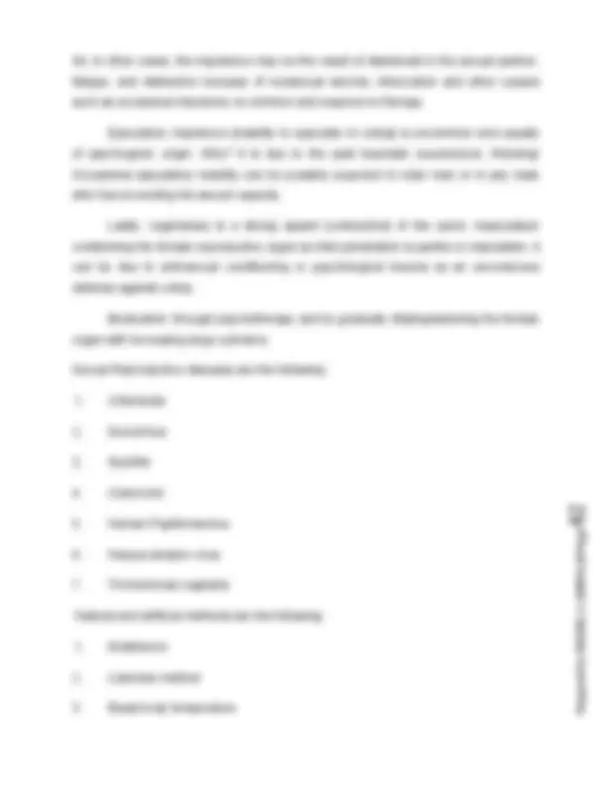
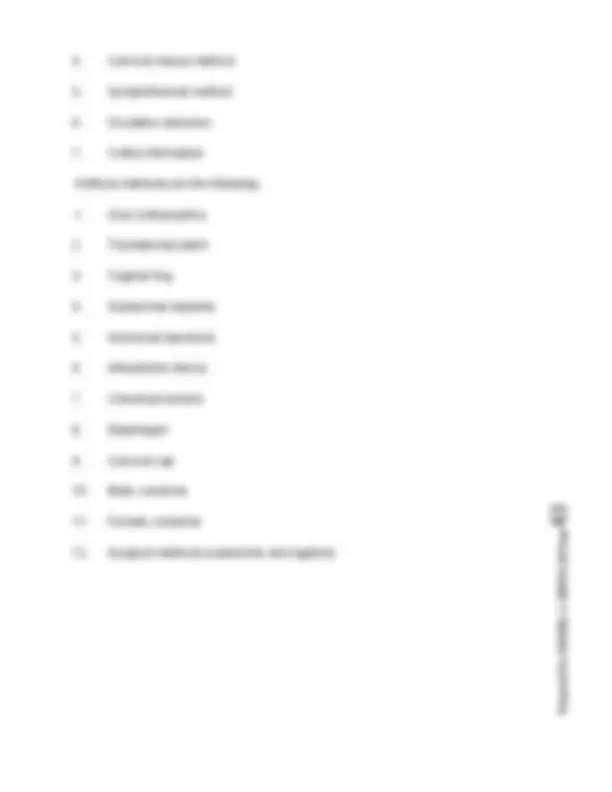
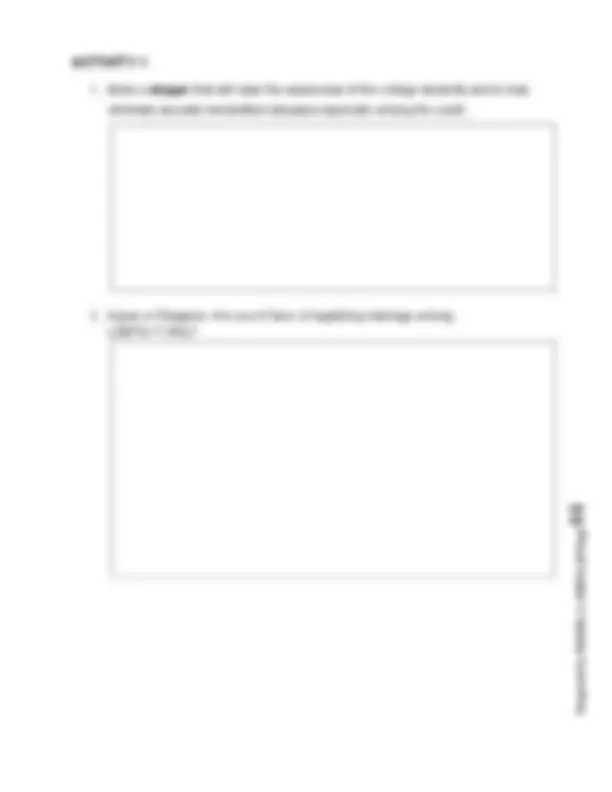
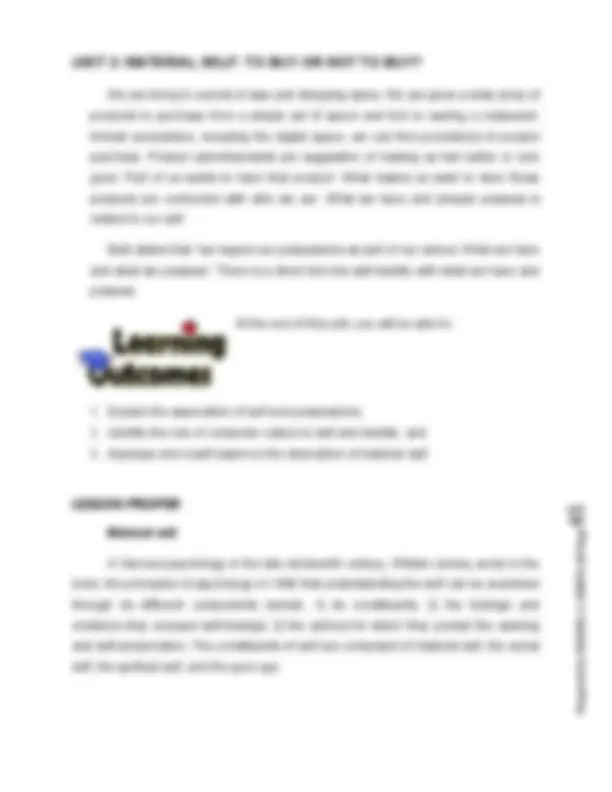
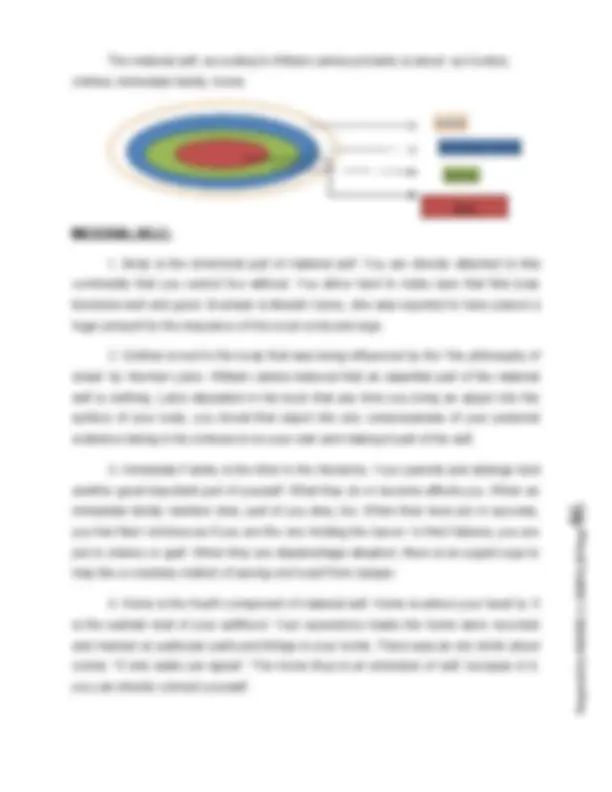
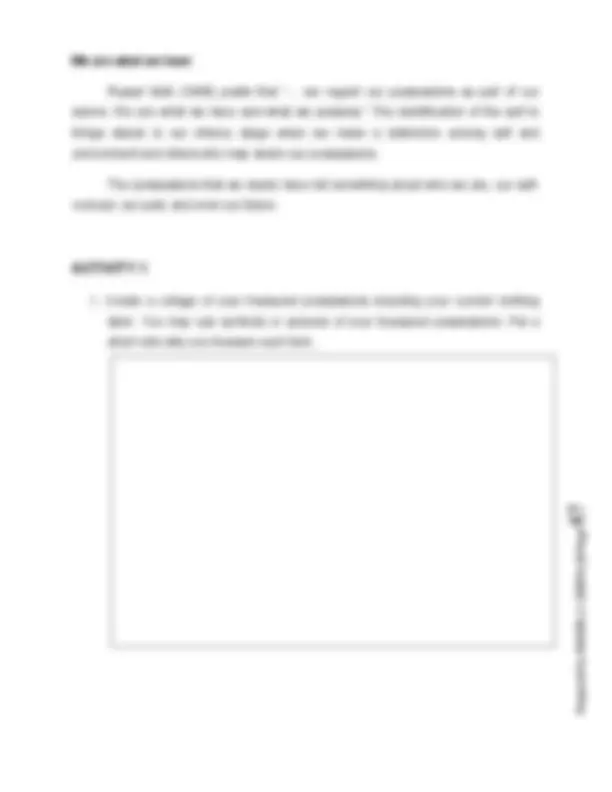
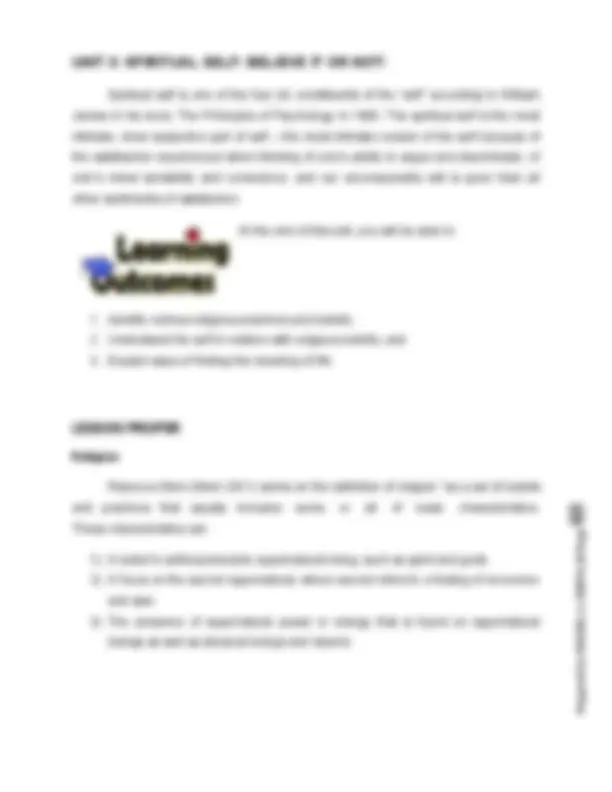
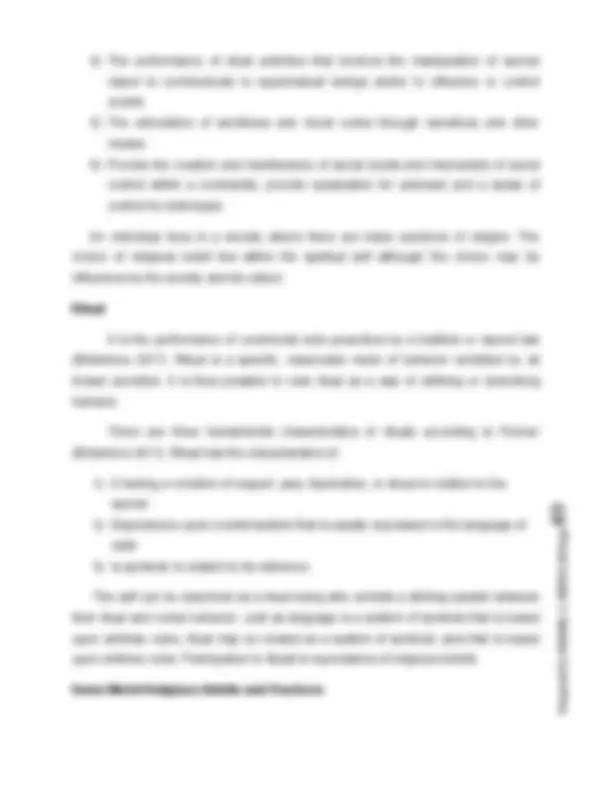
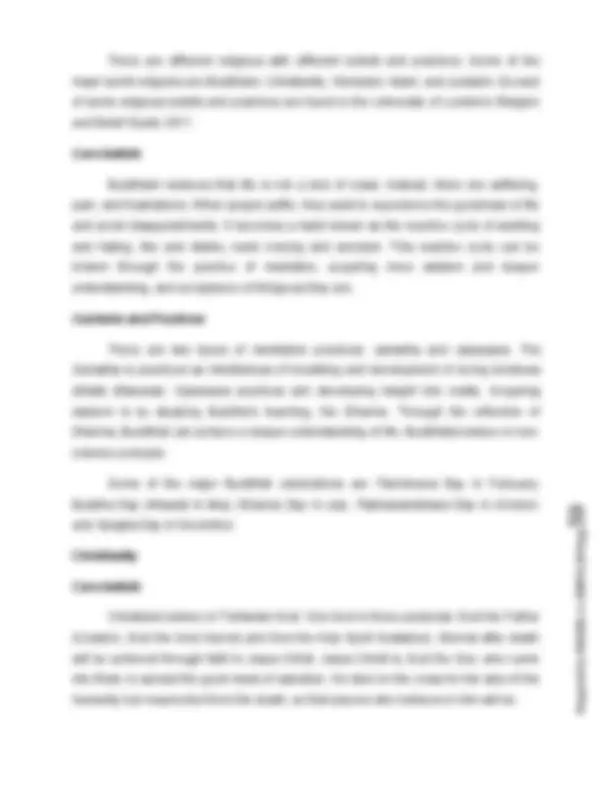
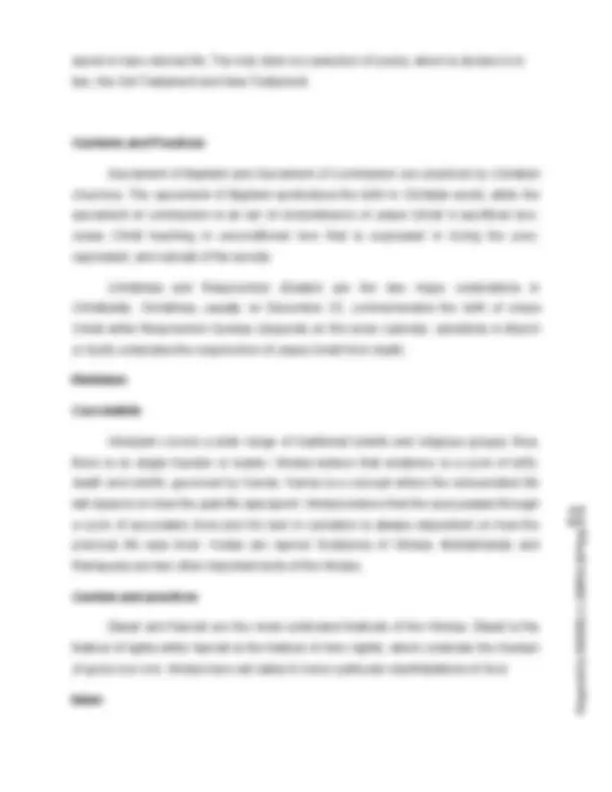
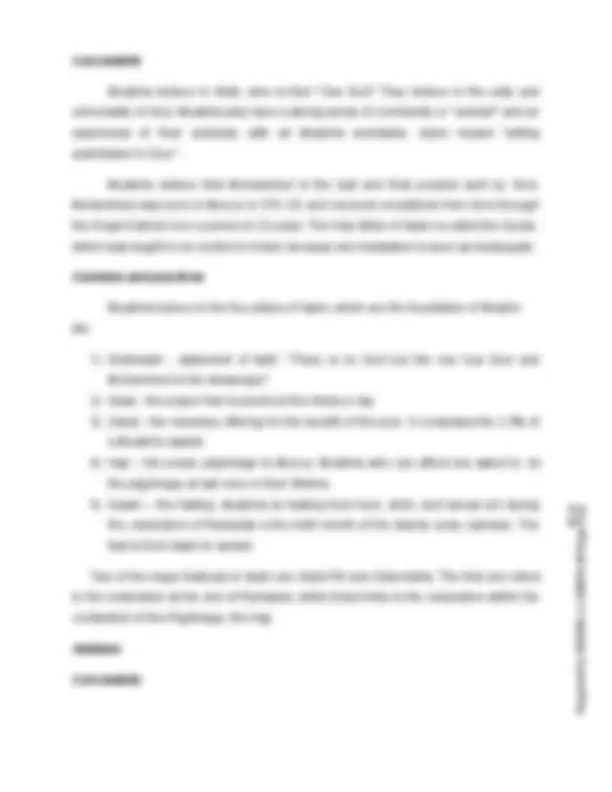
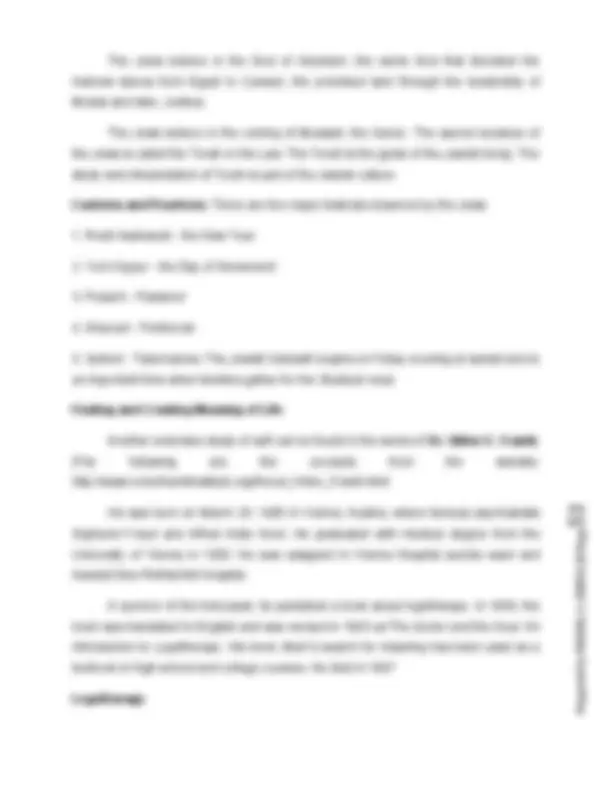
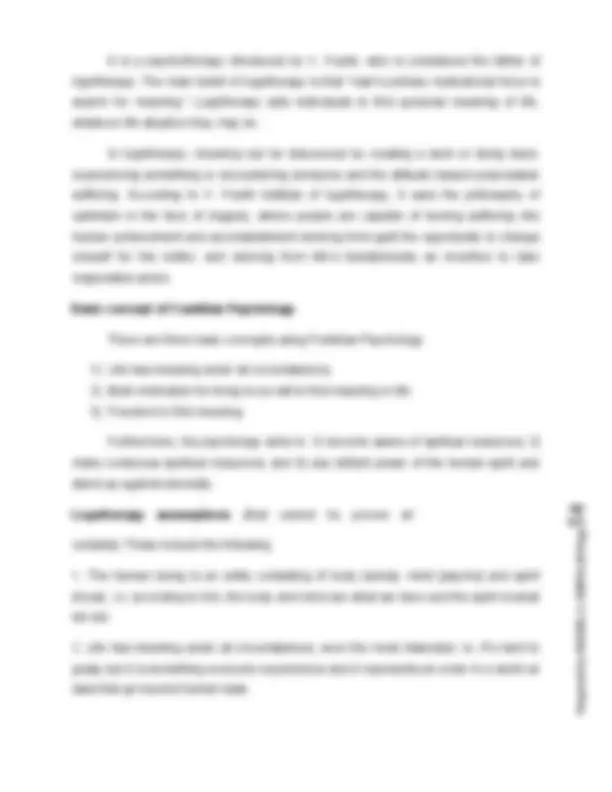
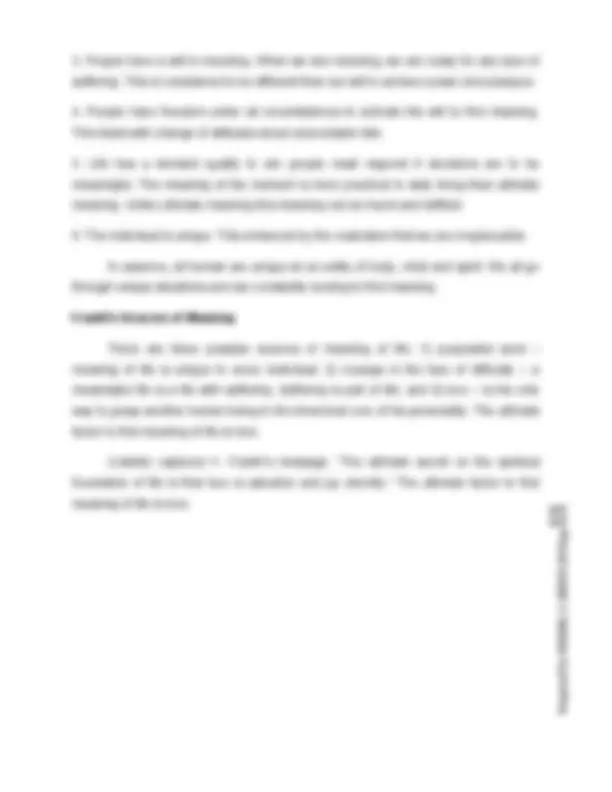
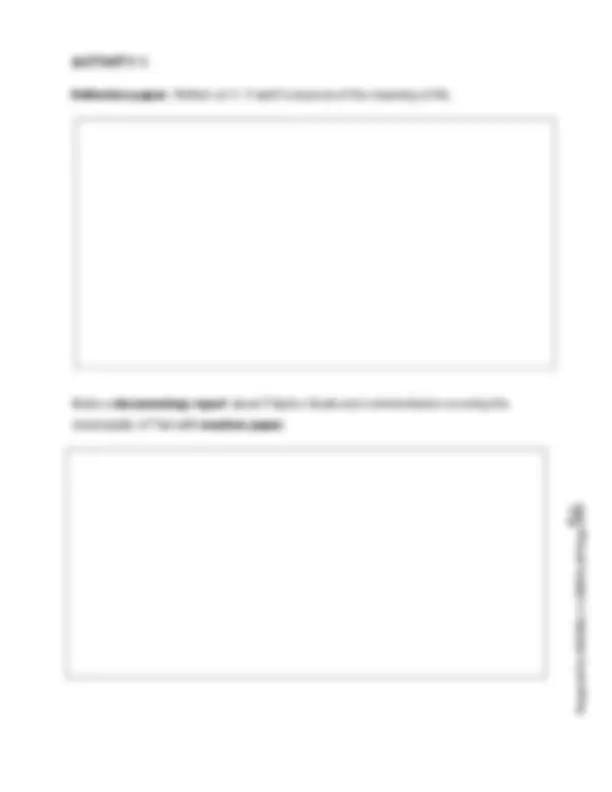
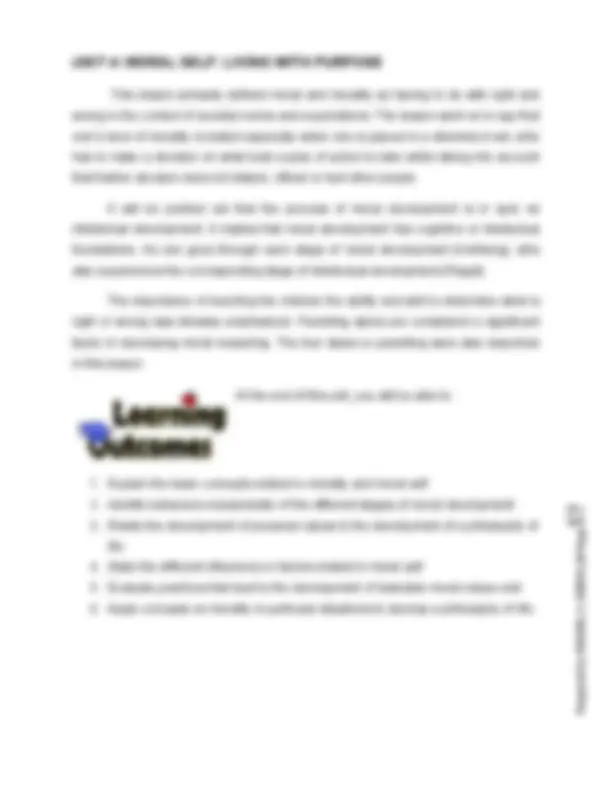
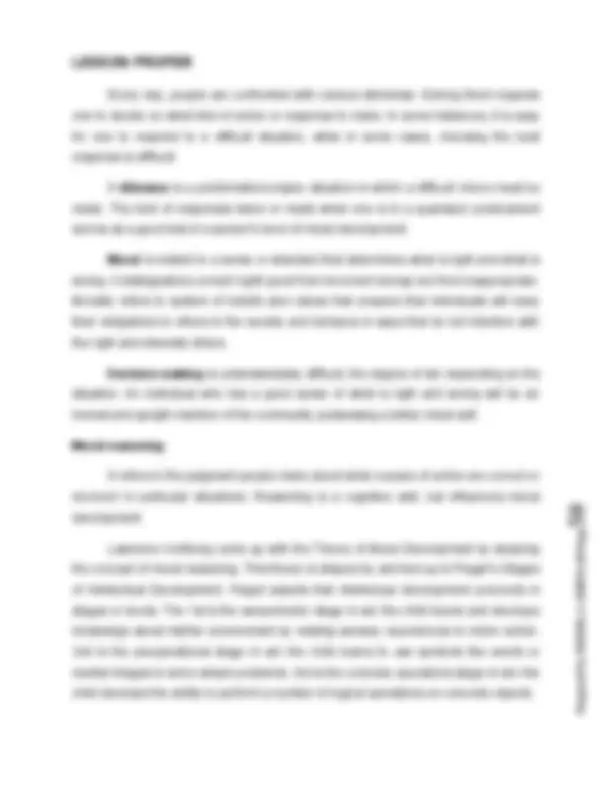
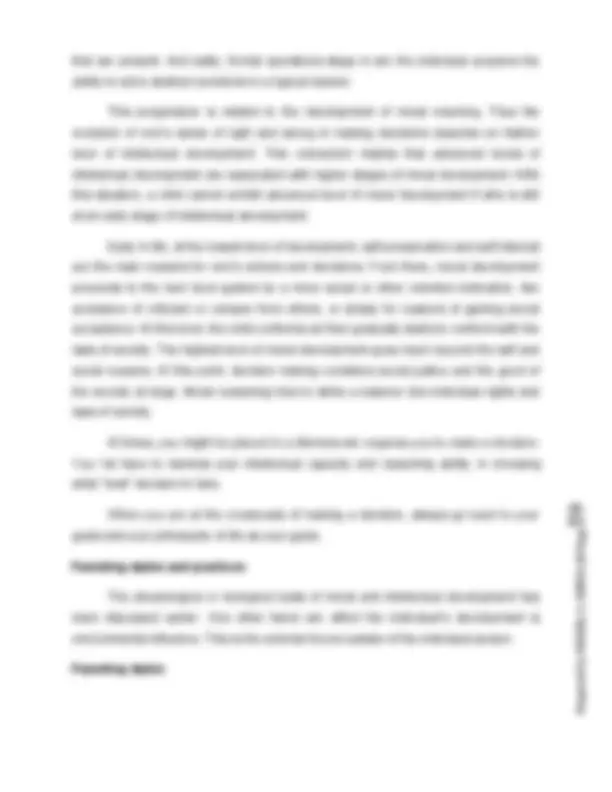
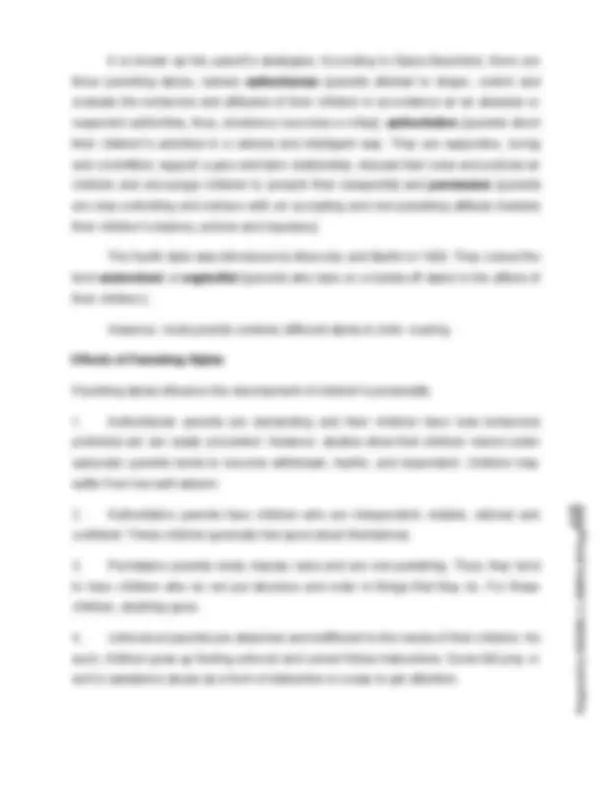
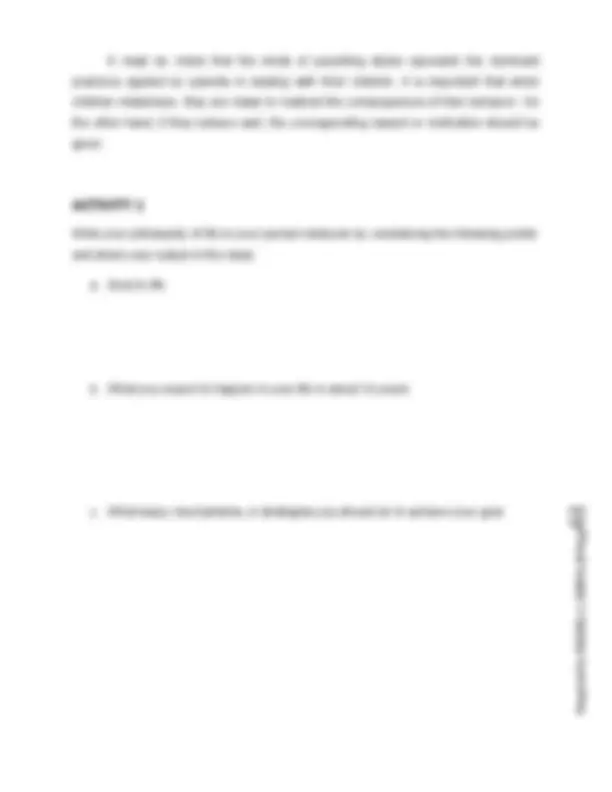
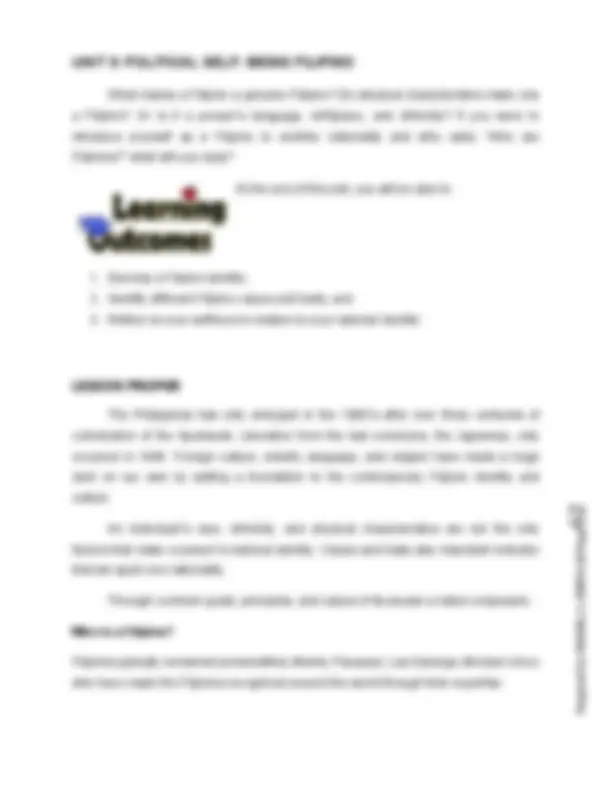
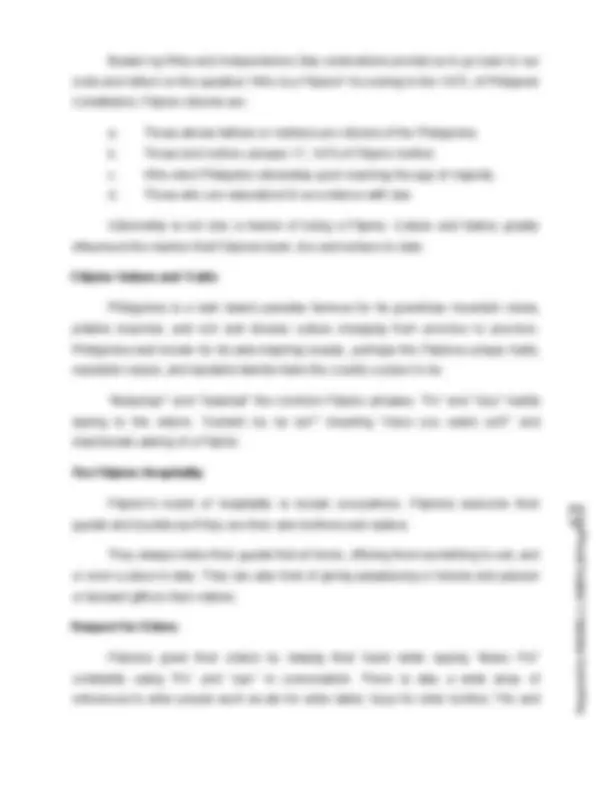
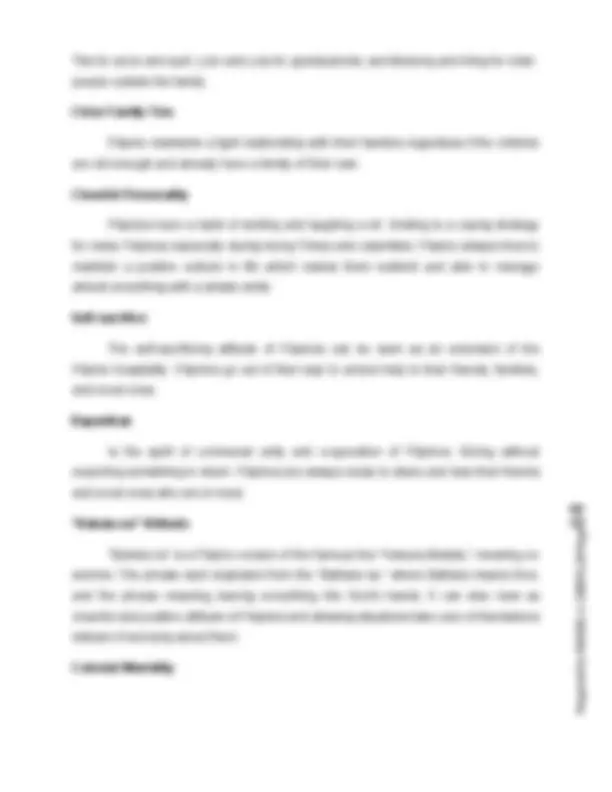
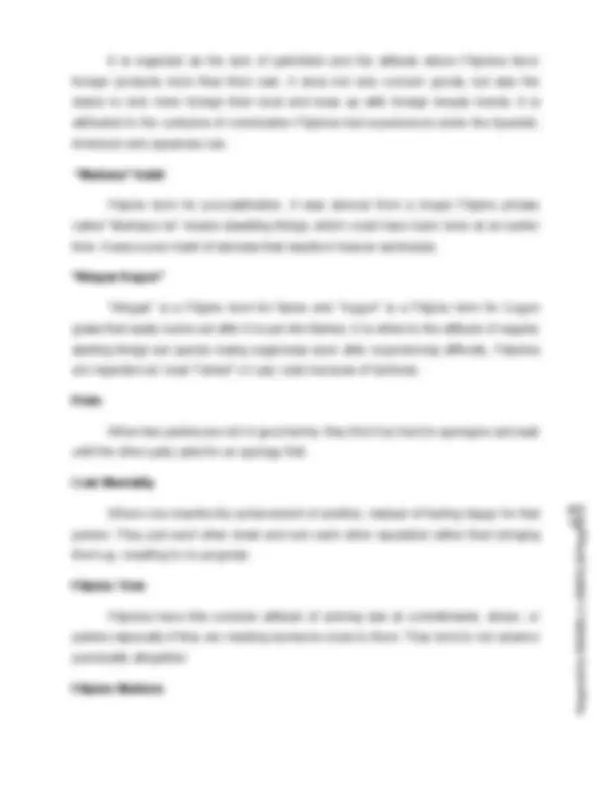
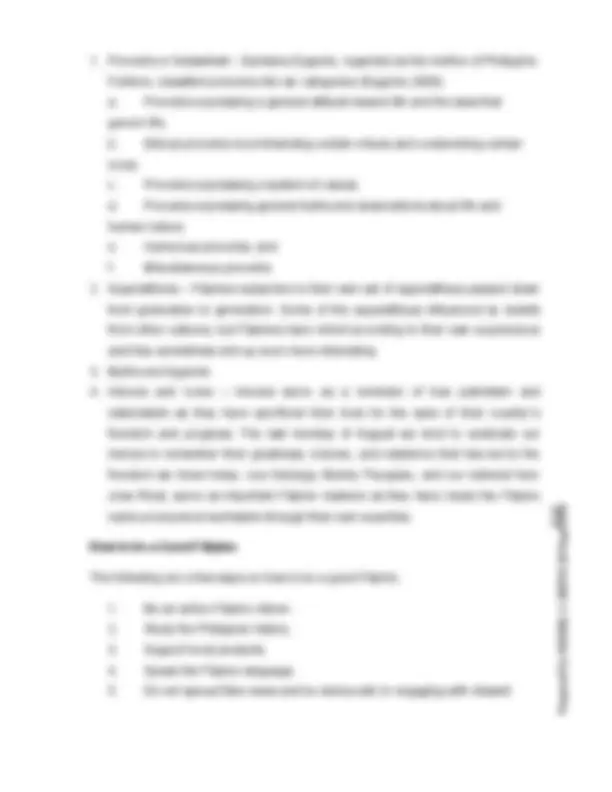
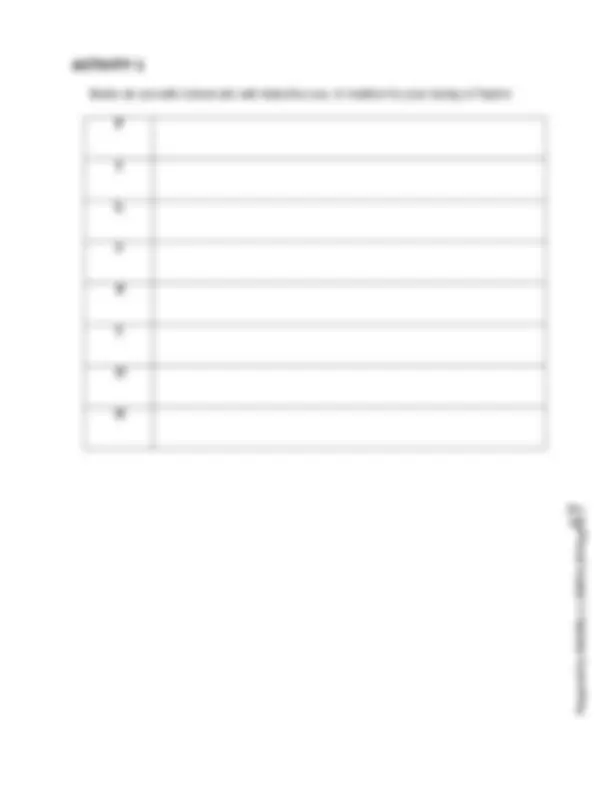
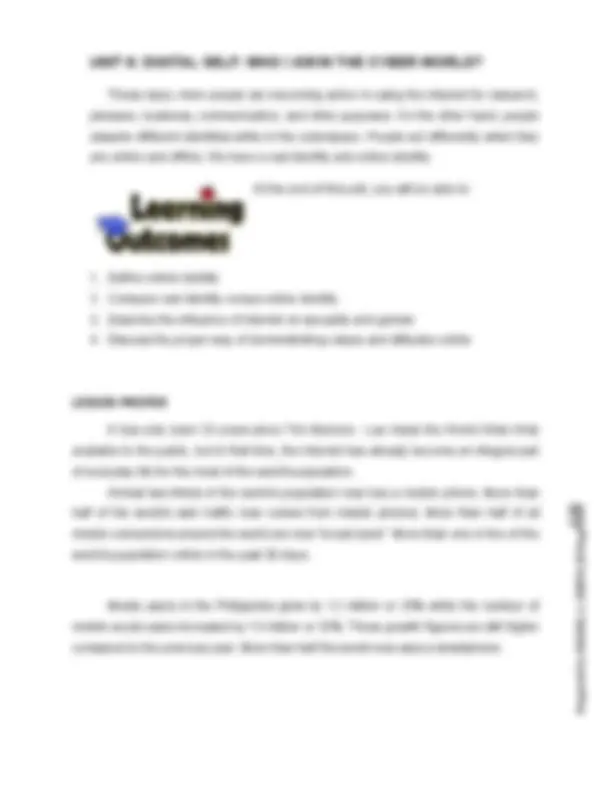
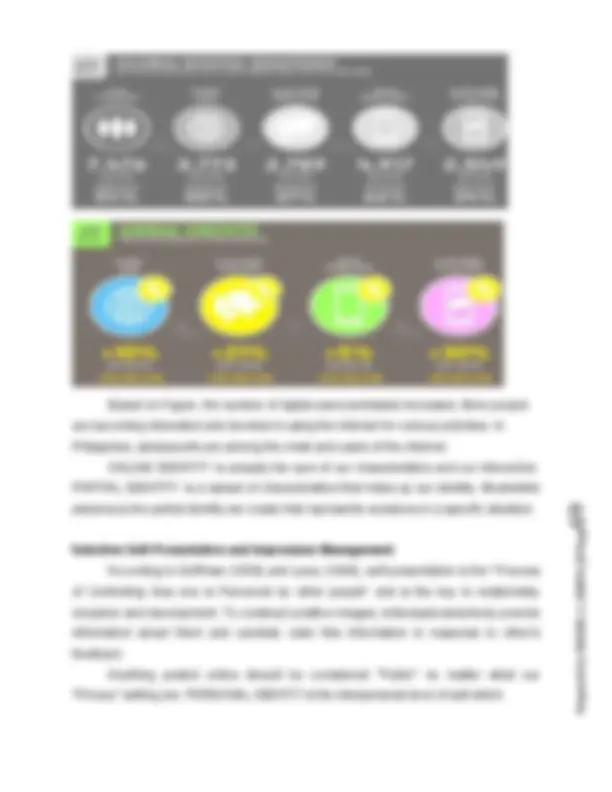
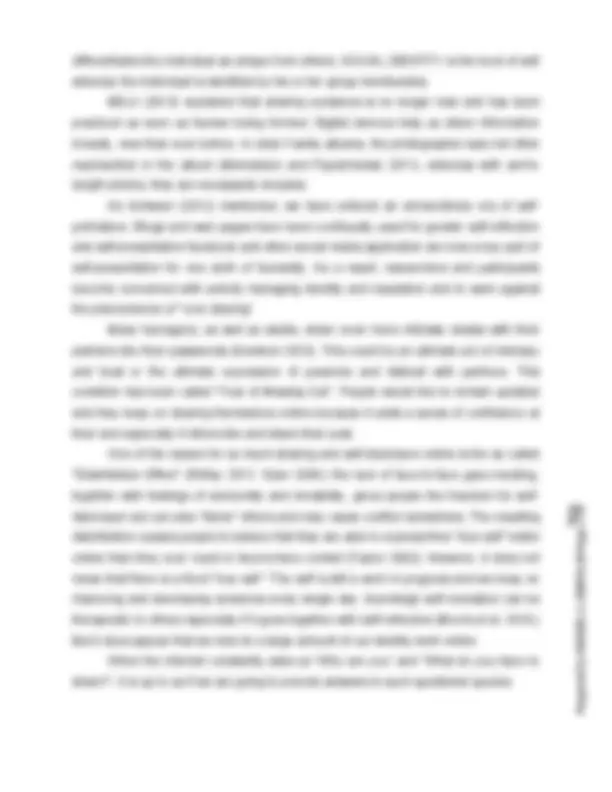
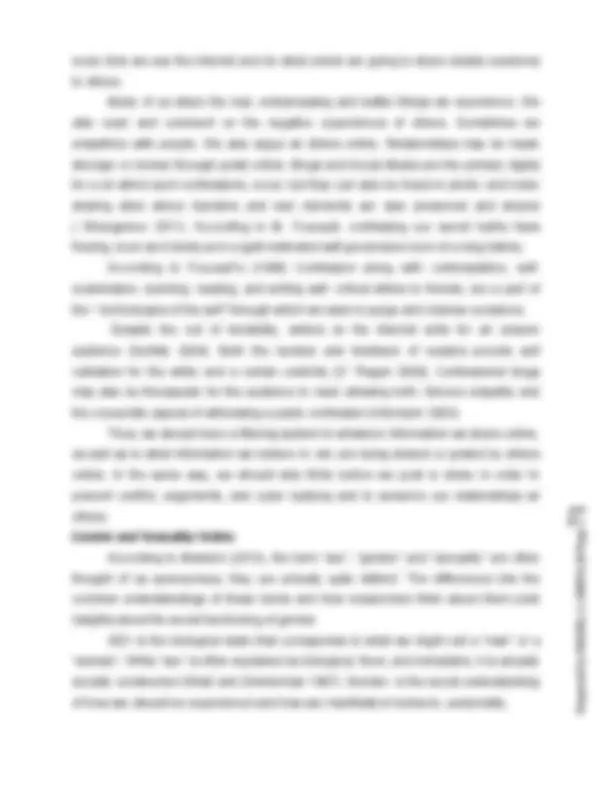
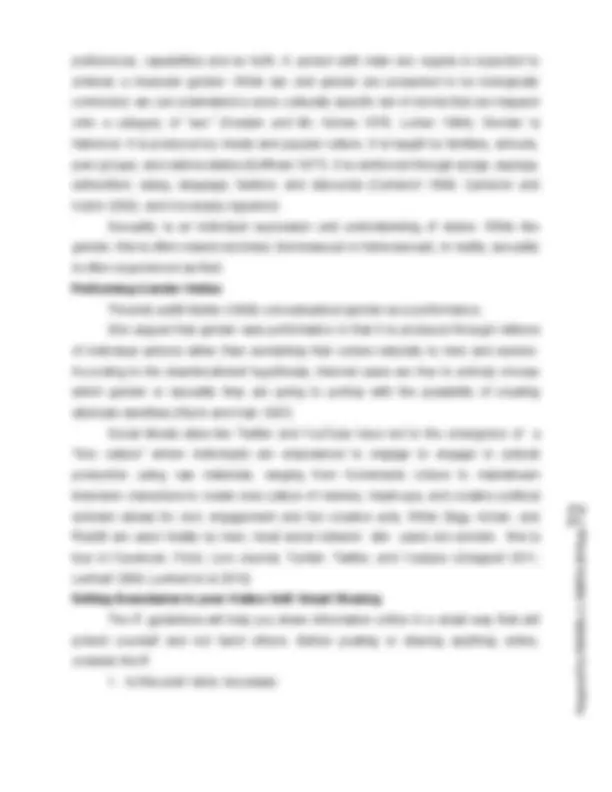
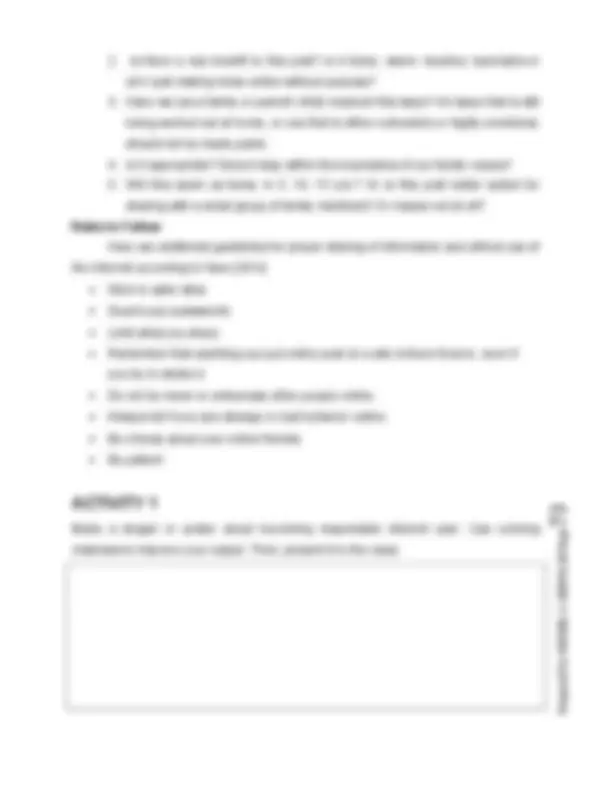
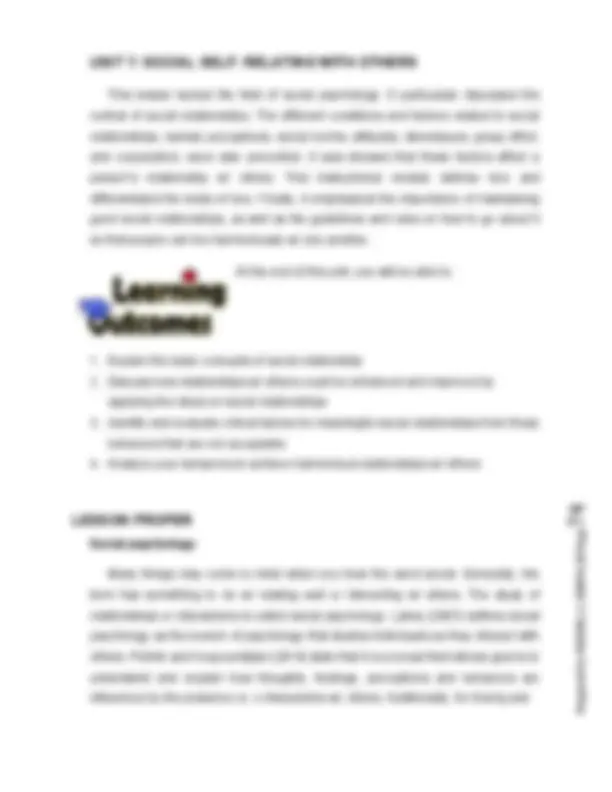
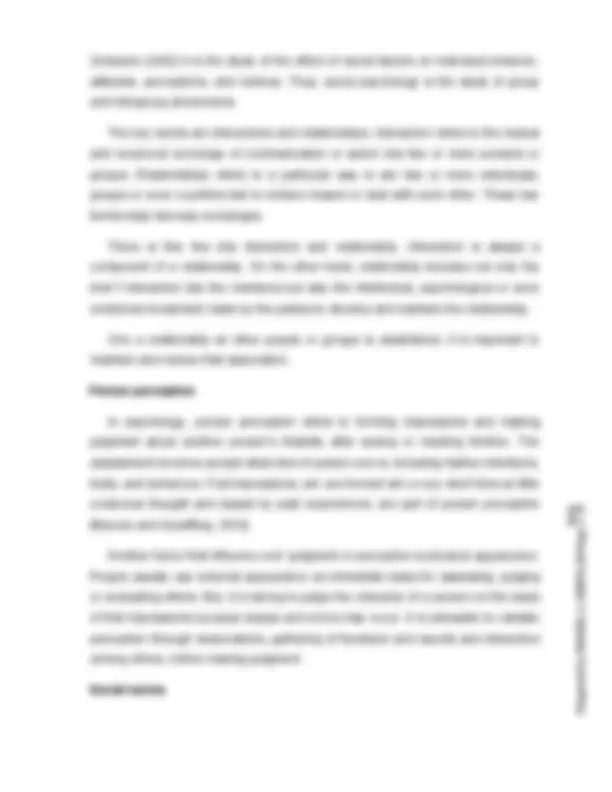
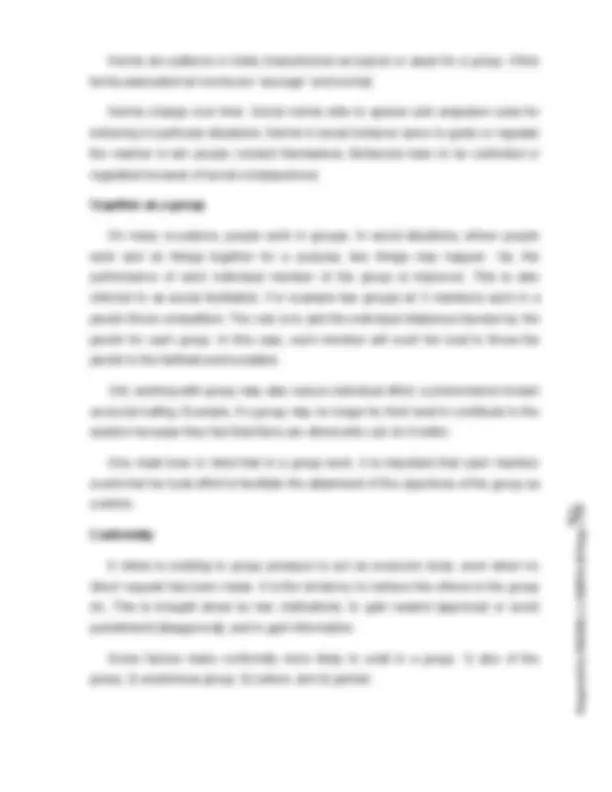
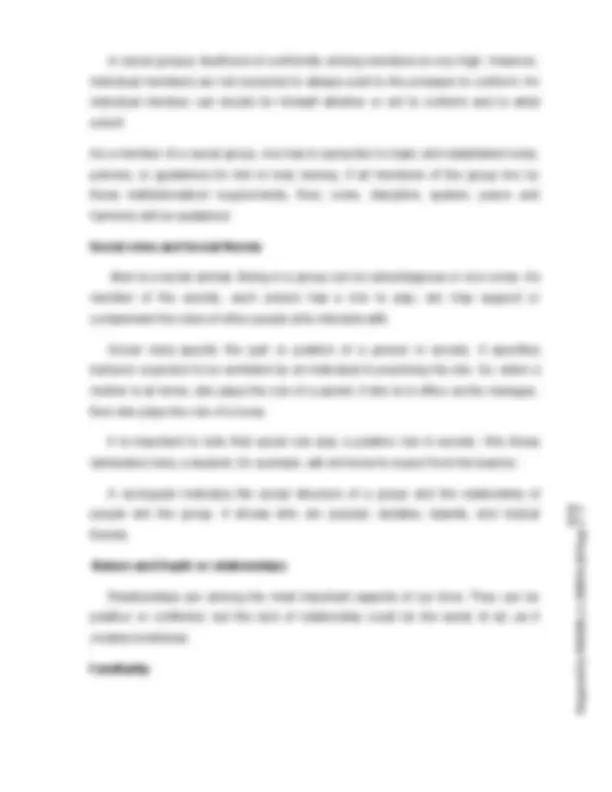
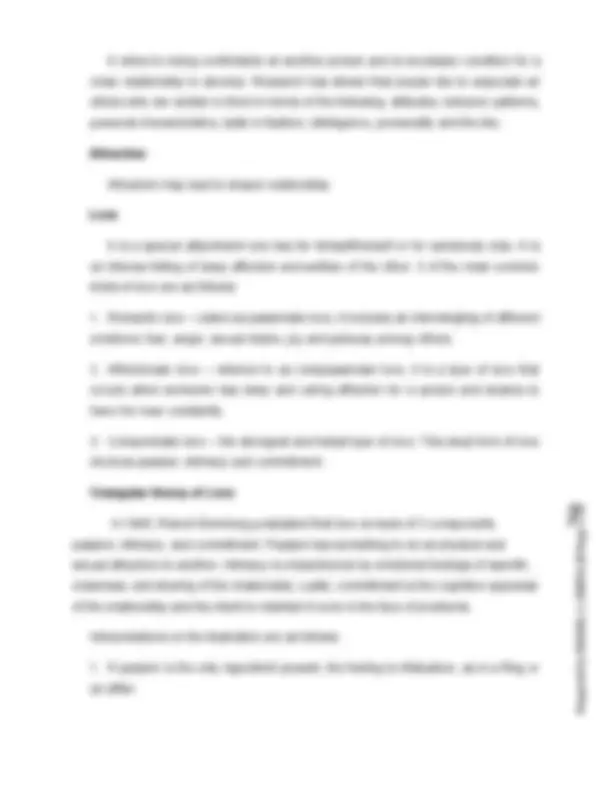
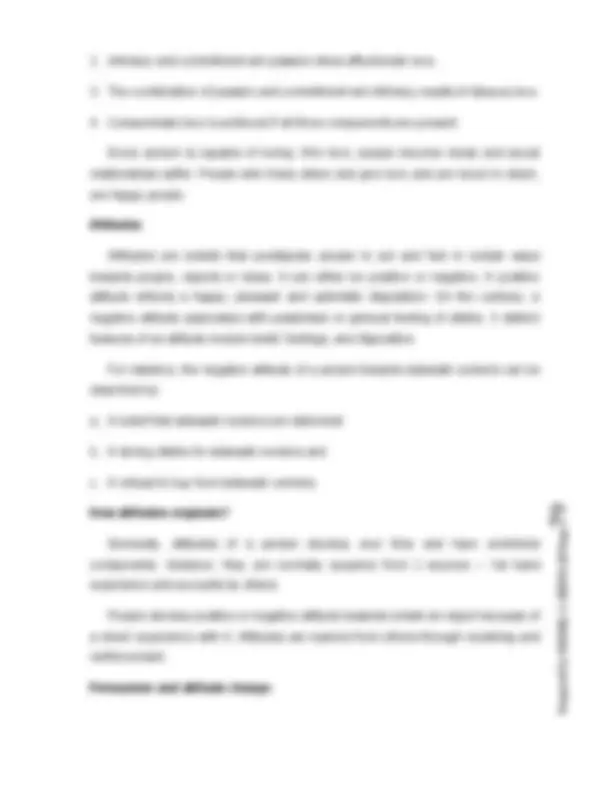
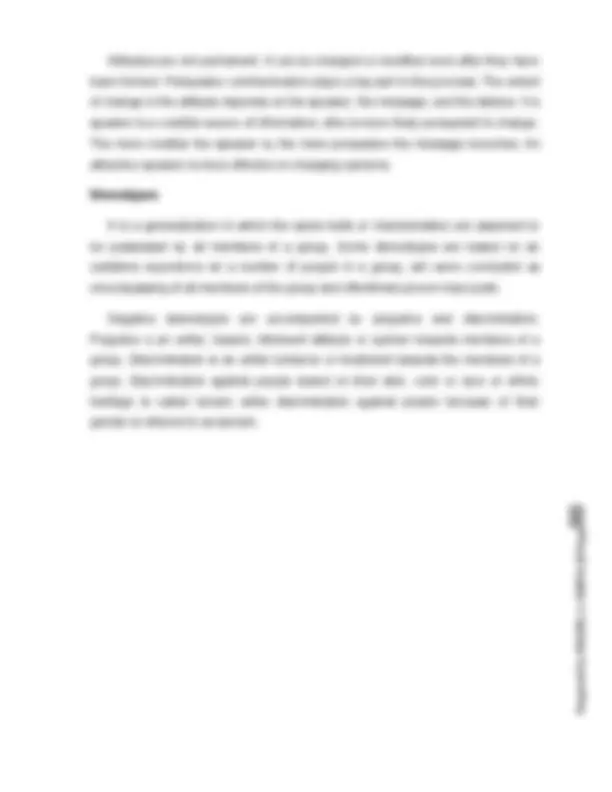
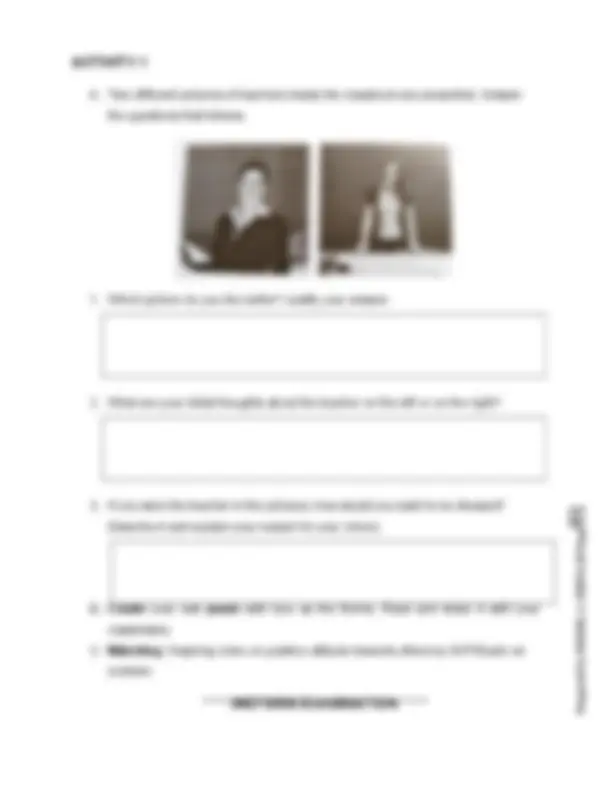
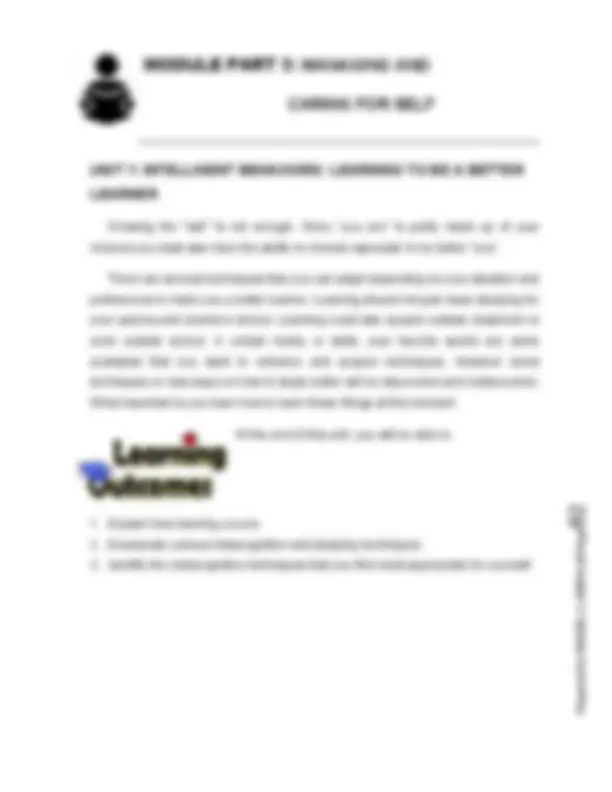
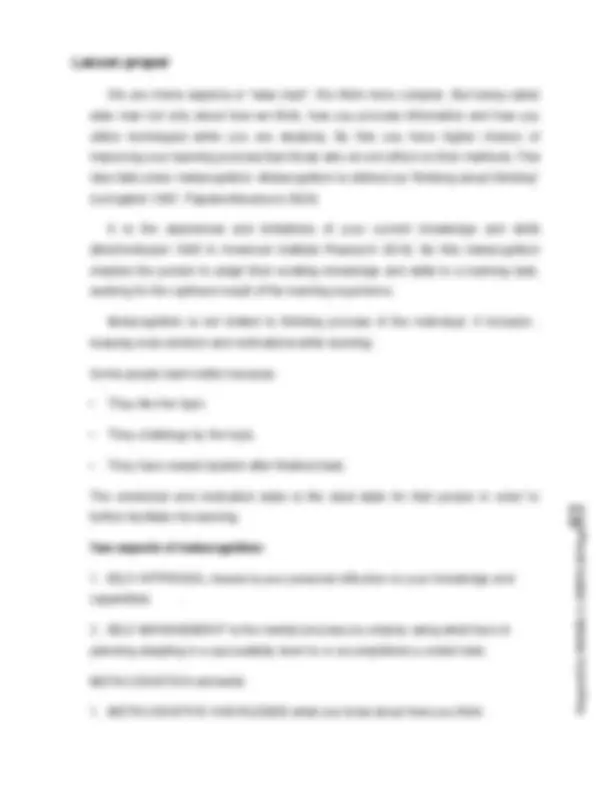
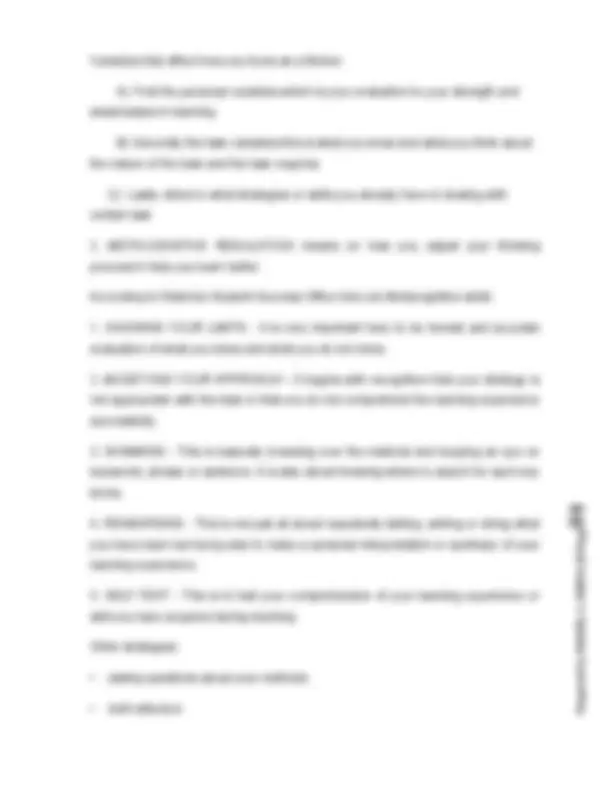
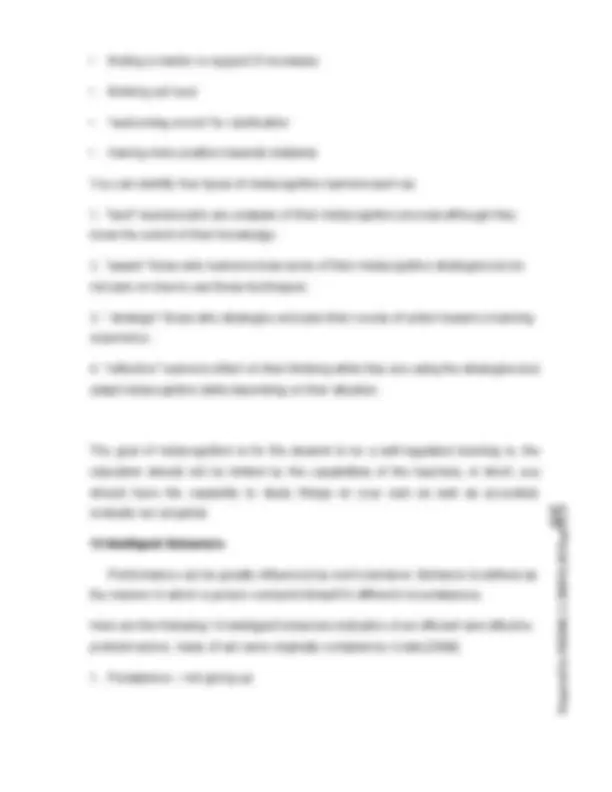
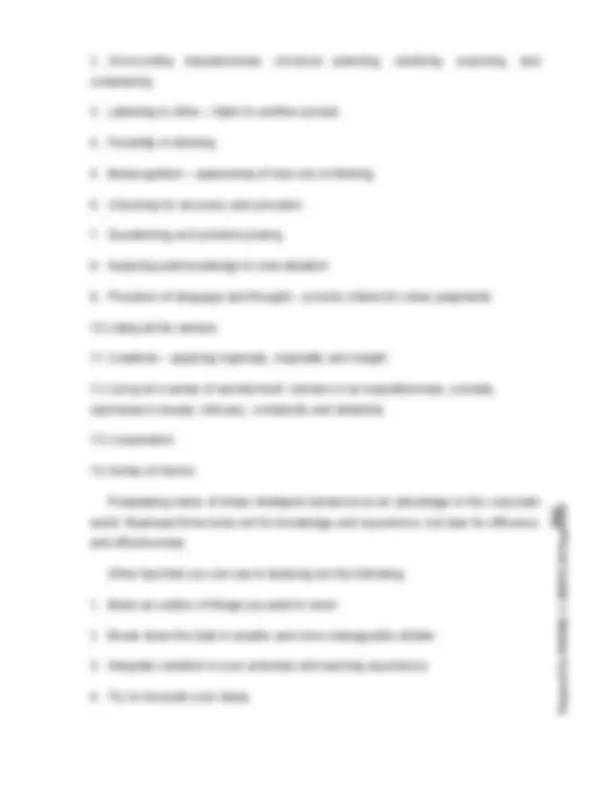
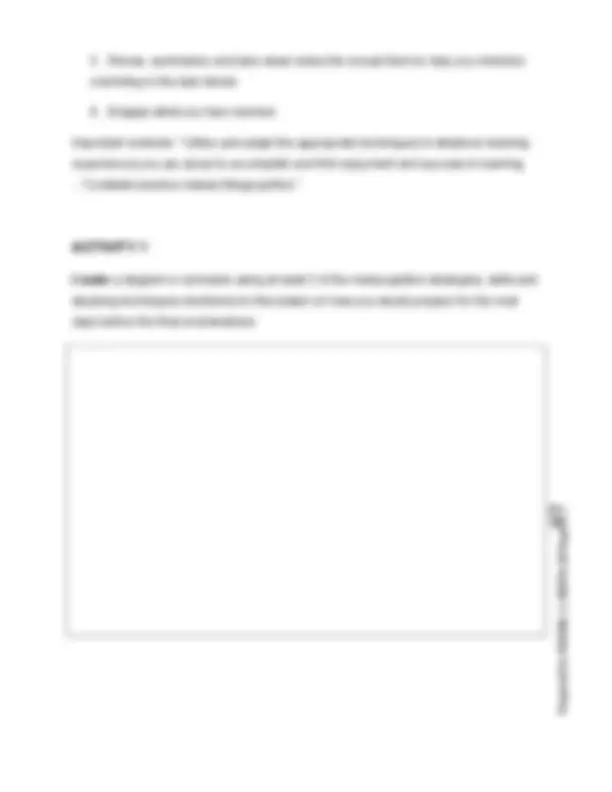
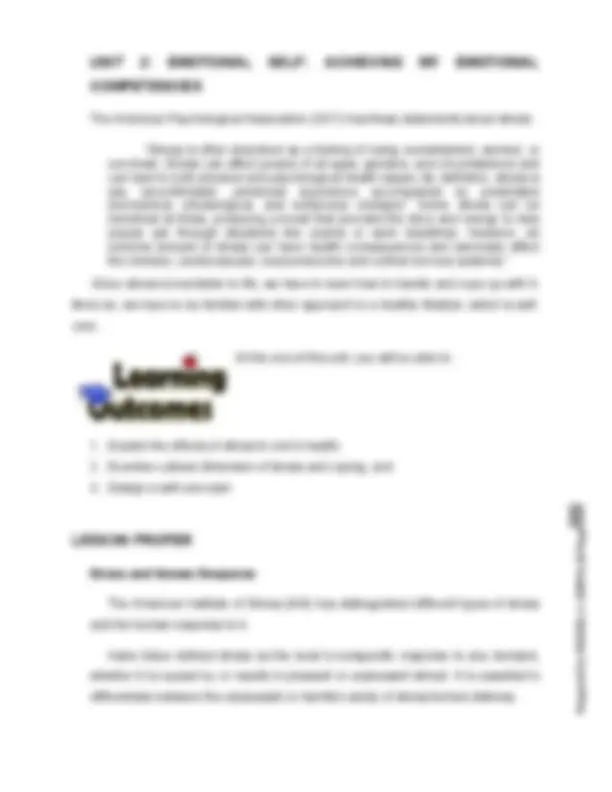
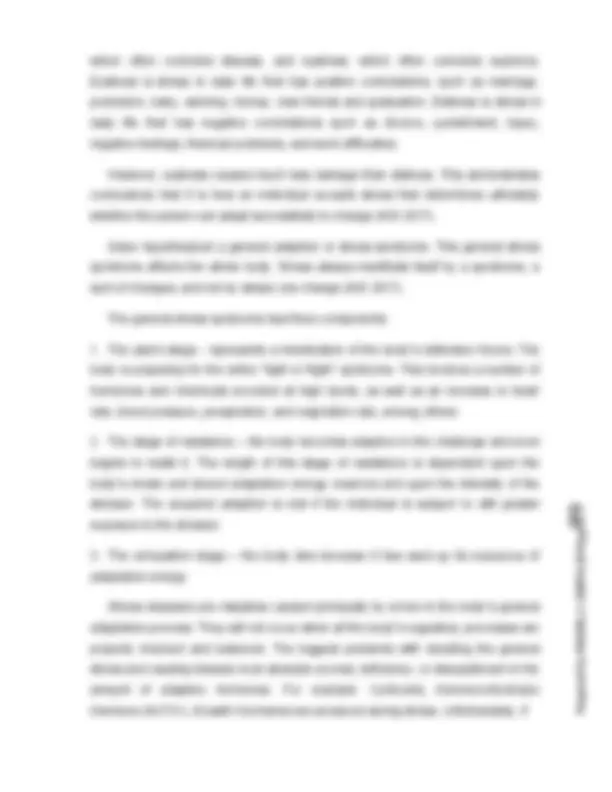
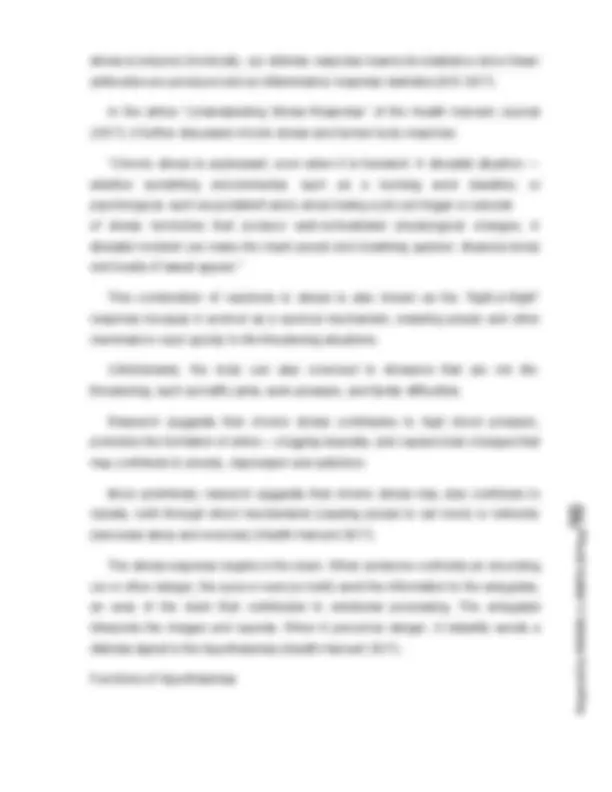
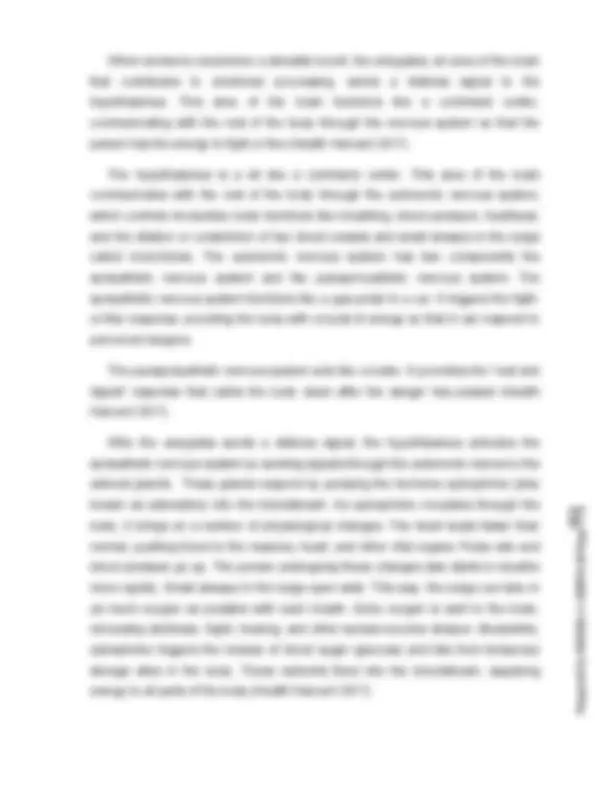
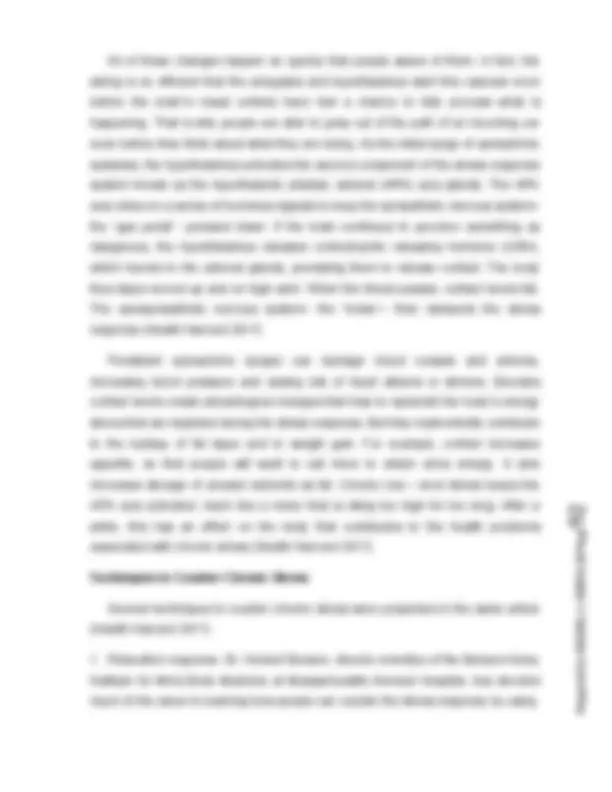
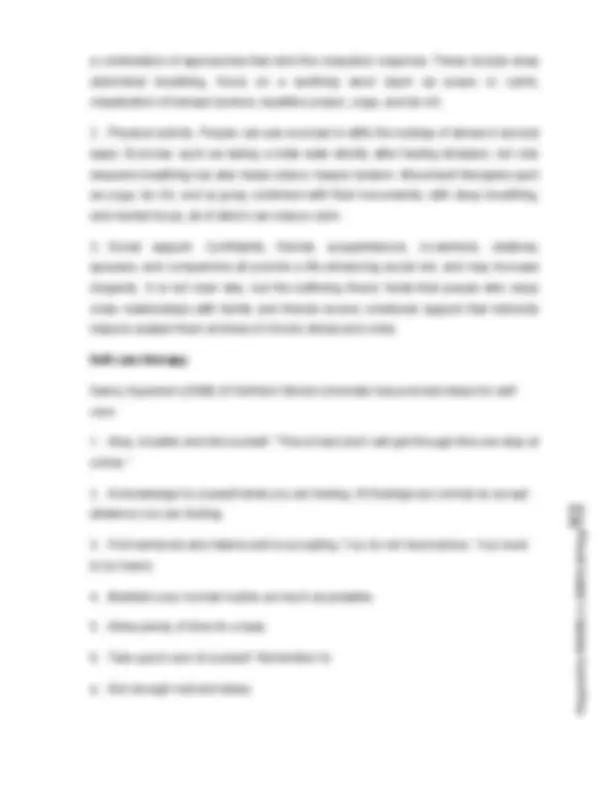
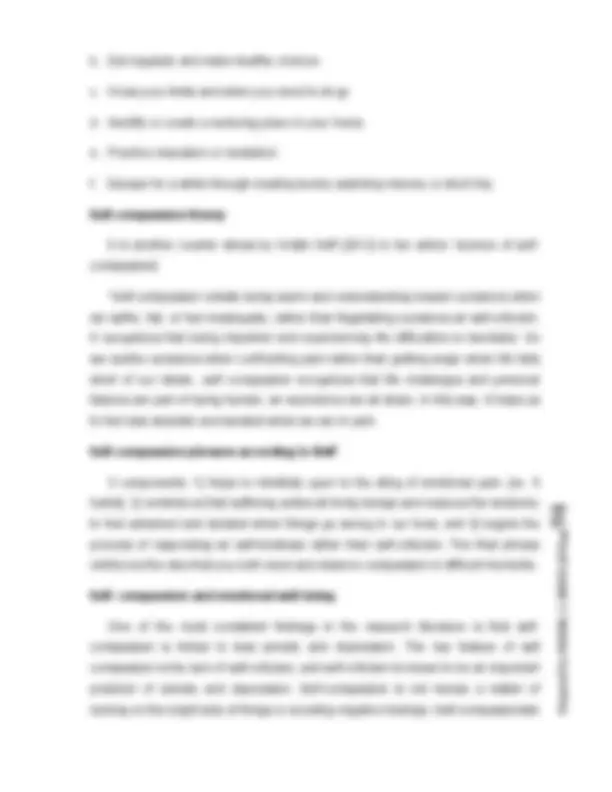
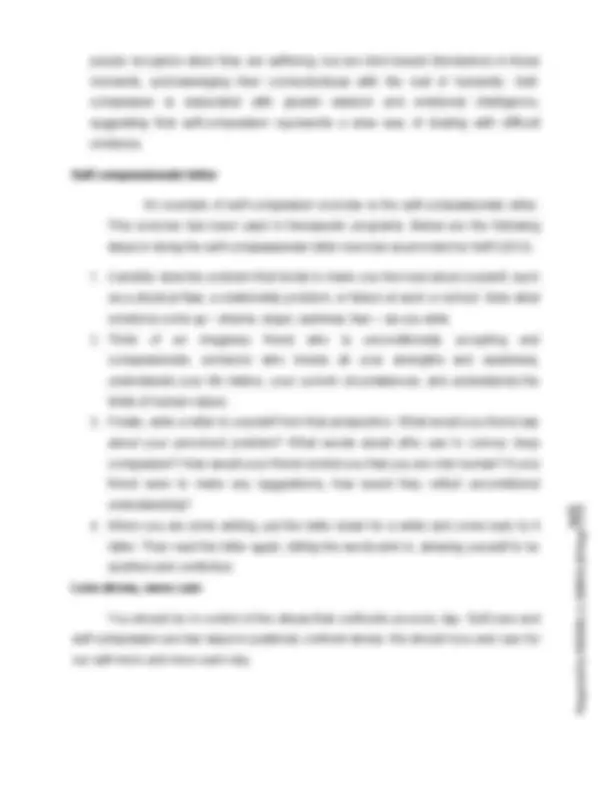
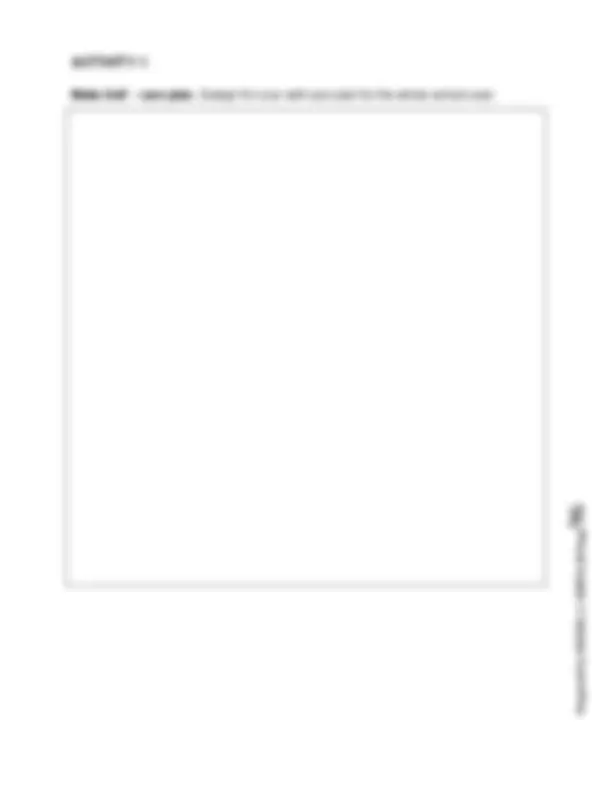
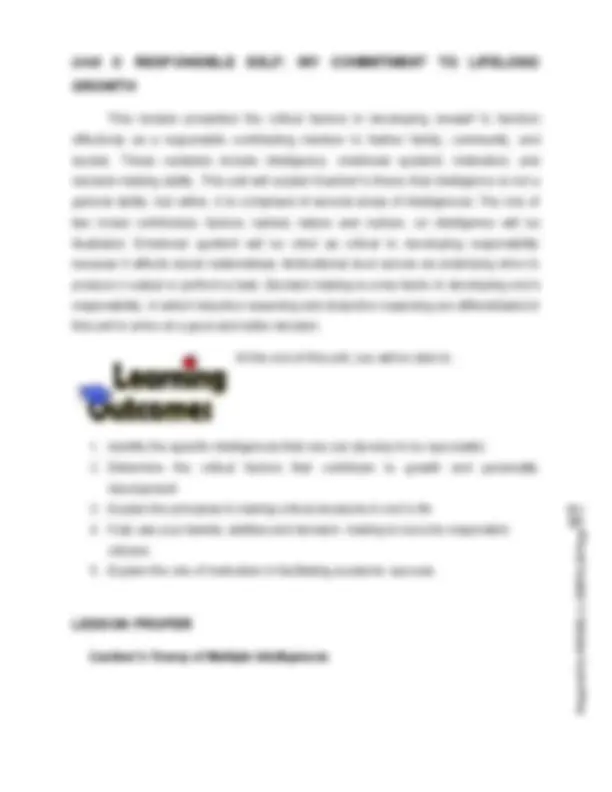
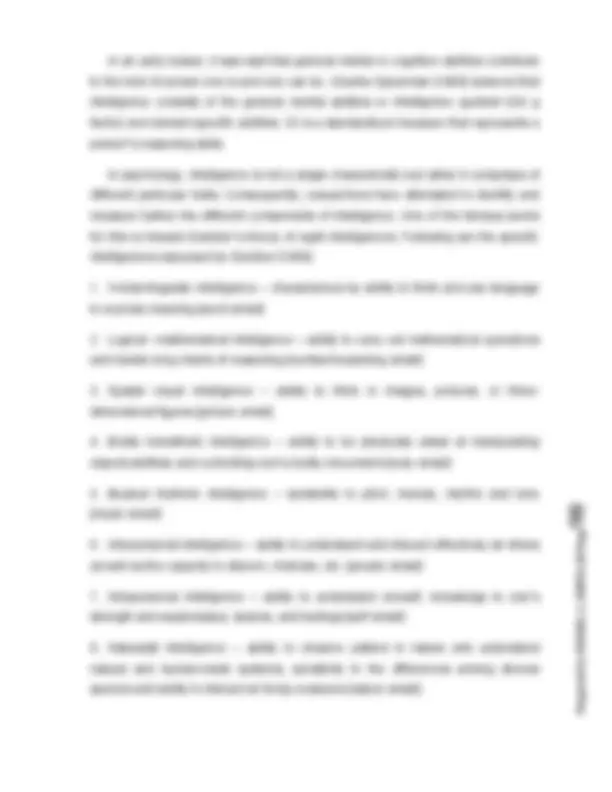
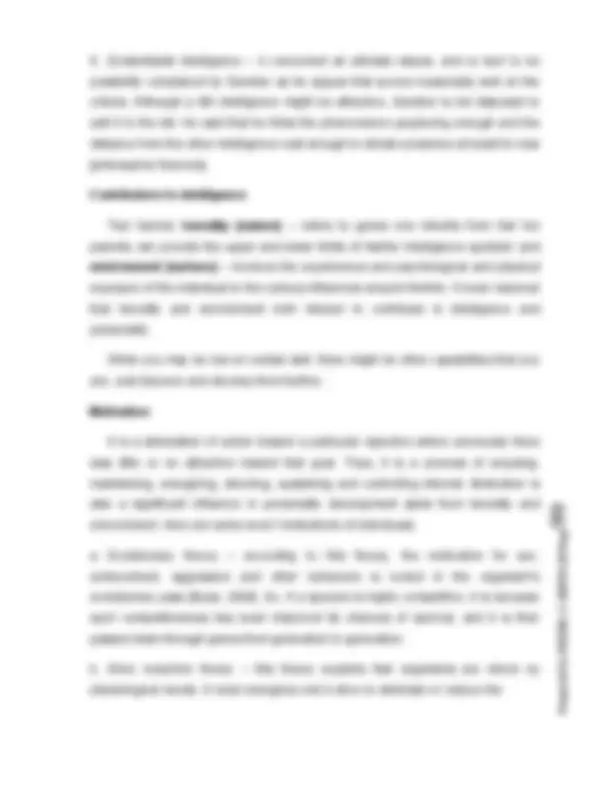


Study with the several resources on Docsity

Earn points by helping other students or get them with a premium plan


Prepare for your exams
Study with the several resources on Docsity

Earn points to download
Earn points by helping other students or get them with a premium plan
Community
Ask the community for help and clear up your study doubts
Discover the best universities in your country according to Docsity users
Free resources
Download our free guides on studying techniques, anxiety management strategies, and thesis advice from Docsity tutors
how+mathematics+is+embedded+in+a+building
Typology: Cheat Sheet
1 / 112

This page cannot be seen from the preview
Don't miss anything!





























































































TIWI COMMUNITY COLLEGE
A/Y 2020 -
COURSE OUTLINE MODULE PART 1: DEFINING THE SELF: PERSONAL AND DEVELOPMENTAL PERSPECTIVES ON SELF AND IDENTITY Unit 1 : Meet and Greet: My Home, My School Unit 2: Concept and nature of self: Who am I? Unit 3: Self, Society and Culture Unit 4: Self as Cognitive Construct Unit 5: Self: Western and Eastern Thought MODULE PART 2: UNPACKING THE SELF Unit 1: Physical self: the Beautiful Me Unit 2 : Material Self: To Buy or not to Buy? Unit 3: Spiritual Self: Believe it or not! Unit 4: Moral Self: Living with Purpose Unit 5: Political Self: Being Filipino Unit 6: Digital Self: Who I am in the Cyber world? Unit 7: Social Self: Relating with Others MODULE PART 3: MANAGING AND CARING FOR SELF Unit 1: Intelligent behaviors: Learning to be a better Learner Unit 2: Emotional self: Achieving My Emotional Competencies Unit 3 : Responsible Self: My Commitment to Lifelong Growth Unit 4 : Do not Just Dream, Make it Happen! Unit 5: Assessing for Self-Improvement: Directing My Destiny 1
Tiwi Community College (TCC) envisions a dedicated educational institution with competent management, committed teaching and non- teaching staff, capable of producing globally competitive and innovative graduates imbued with moral, social and environmental consciousness for sustainable development. Tiwi Community College (TCC) is committed to produce graduates who are professionally and technically trained and value-laden to uphold the local, national and global goals. F – Fortitude I – Integrity D – Discipline E – Excellence L – Leadership INSTITUTIONAL OUTCOMES Every TCC graduate showed: a. Participation in various types of employment, development activities in response to the need of community b. Demonstrate competence in teaching various fields of specialization c. Demonstrate competence, integrity and honesty in various field through research extension and productive activity geared towards sustainable development GENERAL COURSE OUTLINE I. Preliminary Term a. MISSION, VISION AND CORE VALUES (School) b. DEFINING THE SELF II. Middle Term a. UNPACKING THE SELF III. Final Term a. MANAGING AND CARING THE SELF 3
In this module, I deeply encourage you to complete your requirements for you to pass in this course.
For your guidance as on how I computed your grades as an assessment, I divided into three main areas for each term, namely:
A/Y 2020 – 2021 # Calendar of Activities Registration................................................................May Start of Classes…........................................................August 24 National Heroes Day....................................................August 31 Unit test.........................................................................August Prelim Exam..................................................................September Unit test.........................................................................November Midterm Exam...............................................................November Unit test.........................................................................November All Saints‟ Day................................................................November 1 Bonifacio Day.................................................................November 30 Immaculate Conception.................................................December 8 Unit test.........................................................................December Final Exam.....................................................................December 6
EVALUATION To pass the course, you must:
Complete the Mission and Vision statement and Core Values of the School. Tiwi Community College (TCC) Tiwi Community College F – 12 envisions a 1 educational (TCC) is committed to I – 13 institution with 2 produce graduates who are D – 14 management, 3 teaching 9 and E – 15 and non-teaching staff, capable of 10 trained and L – 16 producing 4 11 to uphold and 5 graduates imbued the local, national and with 6 , 7 and global goals. environmental
9
Our names represent who we are. Our names signify us. However, the name is not the person itself no matter how intimately bound it is with the bearer. It is only a signifier. Self is thought to be more than the name. Self is something that a person perennially molds, shapes, and develops. The self is not static. At the end of this unit, you will be able to:
The self then for Rene is also a combination of two distinct entities, the COGITO, the thing that thinks, which is the mind, and the EXTENZA of the mind, which is the body, ie. like a machine that is attached to the mind. The human person has the body but it is not what makes a man a man. If at all, that is the mind. Descartes: says: “What then am I? A thinking thing, that doubts, understands, affirms, denies, wills, refuses; that imagines also and perceives. To sum, although the mind and the body are independent of each other and serve their own function, man must use his own mind and thinking abilities to investigate, analyze, experiment, and develop himself. David Hume: the self is the bundle theory of mind He is an empiricist who believes that one can know only through the senses and experiences. Example: Ana knows that Lenard is a man not because she has seen his soul. Ana knows Lenard just like her because she sees him, hears him, and touches him. Hume posits that self is nothing else but a bundle of impressions. What are impressions? For Hume, they can all be categorized into two: impressions and ideas. The first one is the basic objects of our experience or sensation. So, it forms the core of our thoughts. Example: when one touches fire, the hotness sensation is an impression which is the direct experience. On the contrary, Ideas are copies of our impressions. Because of this, they are not as lively and clear as our impressions. Example: the feeling of being in love for the first time that is an idea. According to Hume, the self is a bundle or collection of various perceptions, which succeed each other with an inconceivable rapidity, and are in a perpetual flux and movement. Thus, the self is simply a collection of all experiences with a particular being. Immanuel Kant: respect for self Every man is thus an end in himself and should never be treated merely as a means – as per the order of the Creator and the natural order of things. 12
To Kant, there is necessarily a mind that organizes the impressions that men get from the external world. Time and Space are ideas that one cannot find in the world but built-in our human mind. Kant calls these the apparatuses of the mind. Along with the different apparatuses of the mind goes the self. Without the self, one cannot organize the different impressions that one gets in relation to his own existence. Thus, the self is not just what gives one his personality. It is also the seat of knowledge acquisition for all human persons. Gilbert Ryle: The mind-Body dichotomy For Ryle, what truly matters is the behavior that a person manifests in his day-to- day life. For him, looking for and trying to understand the self as it really exists is like visiting your friends‟ university and looking for the “university.” Ryle says that self is not an entity one can locate and analyze but simply the convenient name that people use to refer to all the behaviors that people make. Merleau Ponty: Phenomenologist He insisted that body and mind are so intertwined from one another. One cannot find any experience that is not an embodied experience. All experience is embodied. One‟s body is his opening toward his existence to the world. Because men are in the world. For him, the Cartesian problem is nothing but plain misunderstanding. The living body, his thoughts, emotions, and experiences are all one. The Christian or Biblical view of Self The Holy Bible “God created man in His image; in the divine image He created him; male and female He created them. God blessed them, saying, „Be fertile and multiply; fill the earth and subdue it. Have dominion over the fish of the sea, the birds in the air, and all the living things that move on the earth.” Gen. 1:24- Thus, it is appropriate to think of the self as the “multi-bejeweled crown of creation –the many gems thereof representing and radiating the glorious facets of man‟s Prepared by MIGUEL C. CIERVA JR Page 13
He asserts that the human psyche [personality] is structured into 3 parts. These structures – ID [internal desires], EGO [reality], and SUPEREGO [conscience] – all develop at different stages in a persons‟ life. Freud also argues that the development of an individual can be divided into distinct stages characterized by sexual drives. As the person grows, certain areas become sources of pleasure, frustration, or both. Freudian stages of psychosexual development: oral, anal, phallic, latency, and genital. Erik Erikson: Psychosocial stages of self-development He primarily concerned with how both psychological and social factors affect the development of individuals. He formulated 8 major stages of development, each posing a unique developmental task and simultaneously presenting the individual with a crisis that s/he must overcome [see chart]
Write an essay about anything that you wish to submit about yourself. You may use these following suggested topics a. Me as I see me b. How other people see me c. How I would like other people to see me 15
In your own words, state what “self” is for each of the following philosophers. After doing so, explain how your concept of self is compatible with how they conceived of the “self”. Socrates: Plato: Augustine: Aquinas: Descartes: Hume: Kant: Ryle: Merleau Ponty: Sigmund Freud: 16
our circumstances. This is not only normal but it is also acceptable and expected. The self is capable of morphing and fitting itself into any circumstances it finds itself in. THE SELF AND CULTURE Remaining the same person and turning chameleon by adapting to one's context seems paradoxical. A French Anthropologist MARCEL MAUSS has an explanation for this phenomenon. According to Mauss, every self has two faces: personne and moi. Moi - refers to a person's sense of who he is, his body, and his basic identity, his biological governess. Moi is a person's basic identity personne on the other hand, is composed of the social concepts of what it means to be who he is. Personne - has much to do with what it means to live in a particular institution, a particular family, a particular religion, a particular nationality and how to behave given expectations and influences from others. THE SELF AND THE DEVELOPMENT OF THE SOCIAL WORLD The unending terrain of metamorphosis of the self is mediated by language. Language as both a publicly shared and privately utilized symbol system is the site where the individual and the social make and remake each other. MEAD AND VYGOTSKY For Mead & Vygotsky the way that the human persons develop is with the use of language acquisition and interactions with others - without a family biologically and sociologically a person may not even survive or became a human person. GENDER AND THE SELF Here is another important aspects of the self and gender. GENDER is one of those loci of the self that is subject to alteration, change, and development. We have seen in the past years how people fought hard for the right to express, validate, and assert their gender expression. However, from the point of view of the social sciences and the self, it is important to give one the leeway to find, express, and live his identity. This account illustrates that Prepared by MIGUEL C. CIERVA JR Page 19